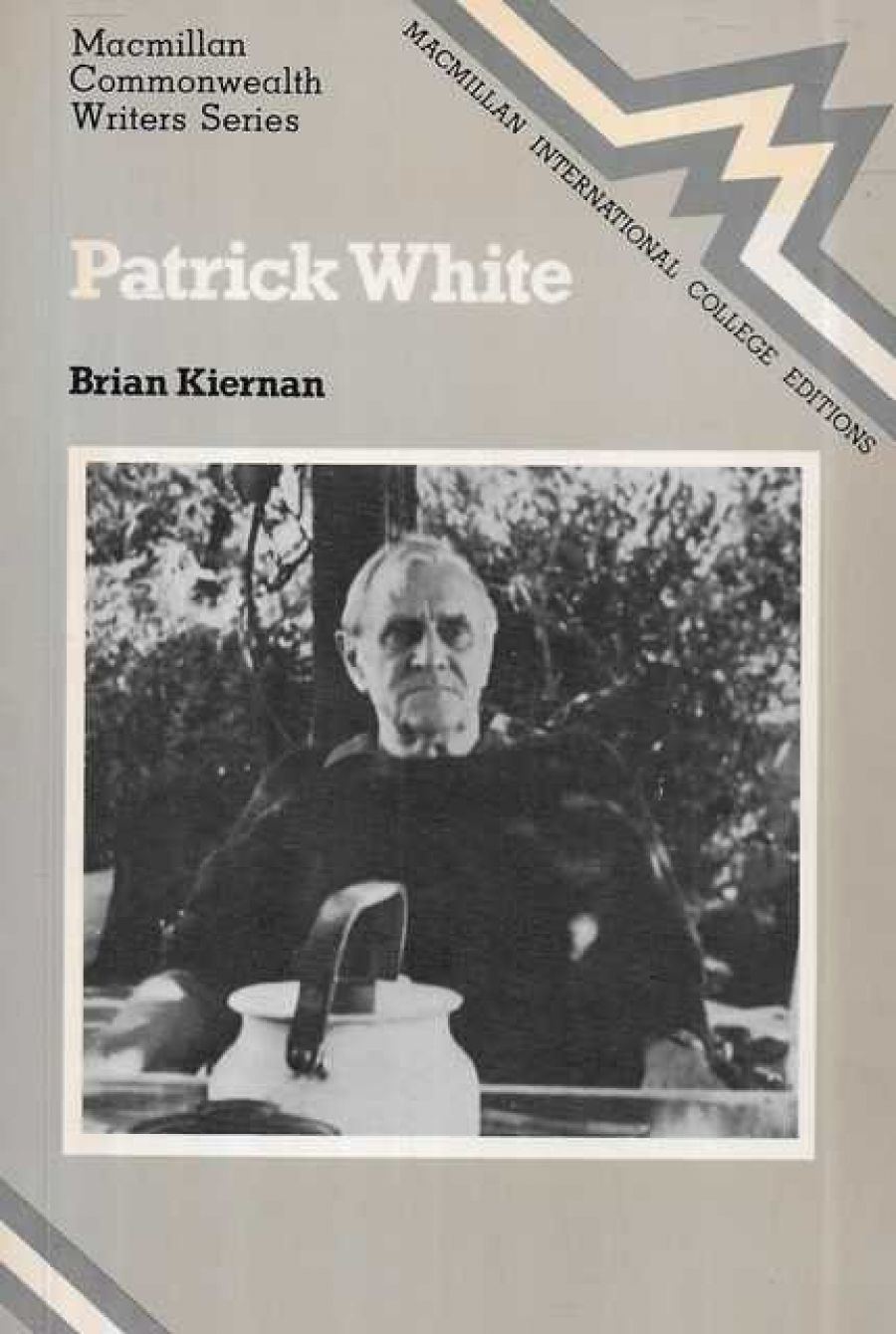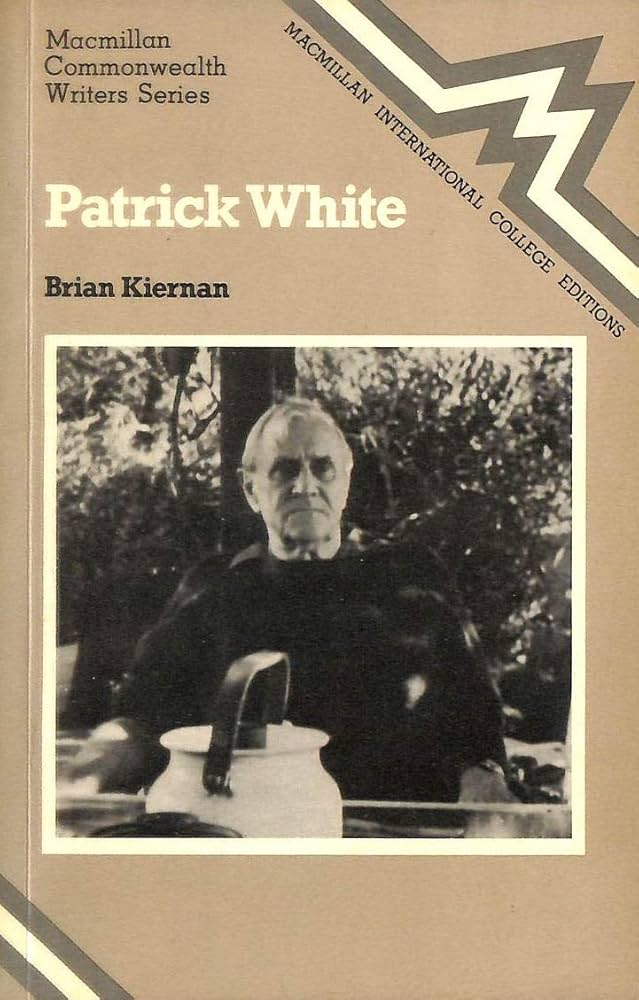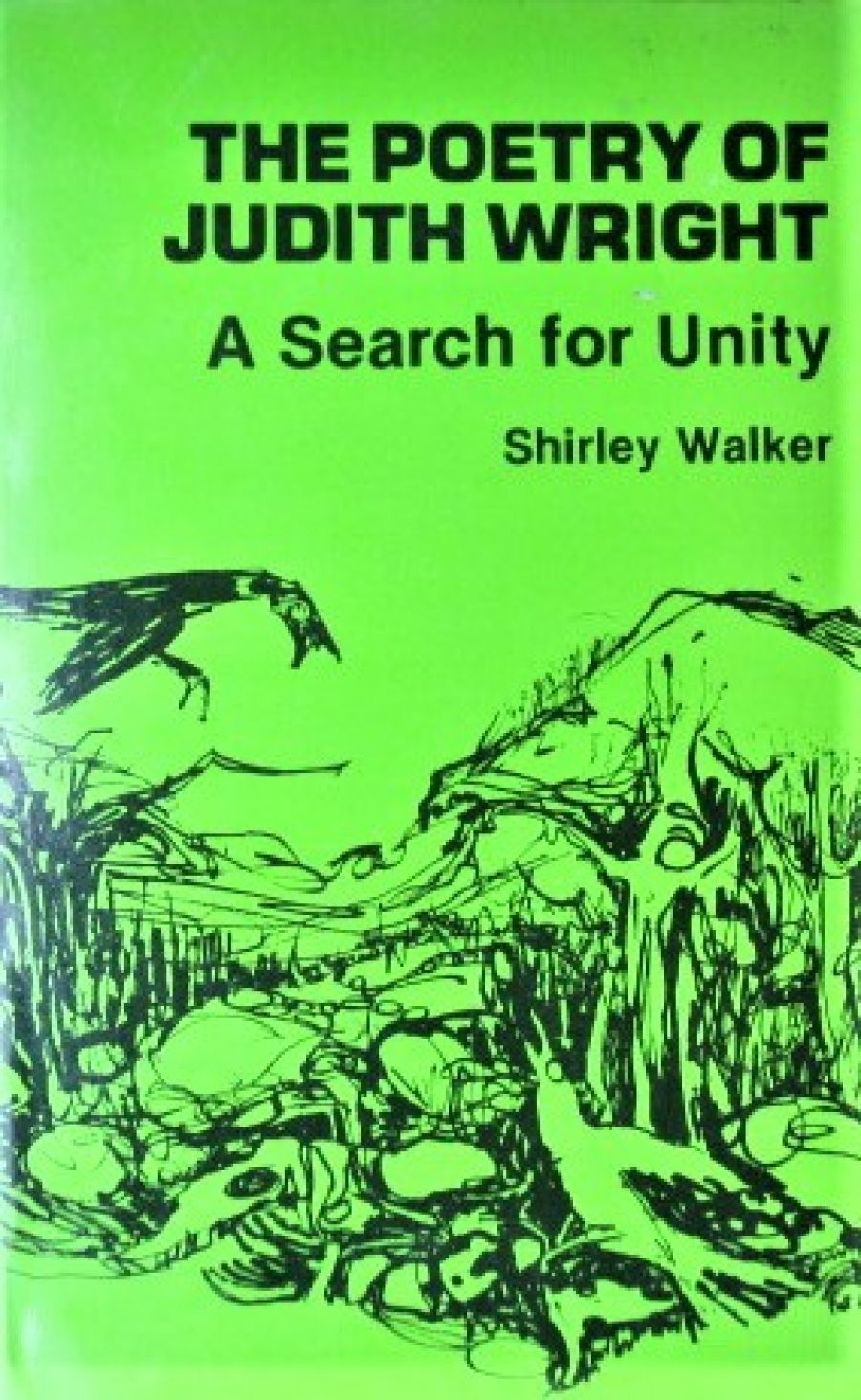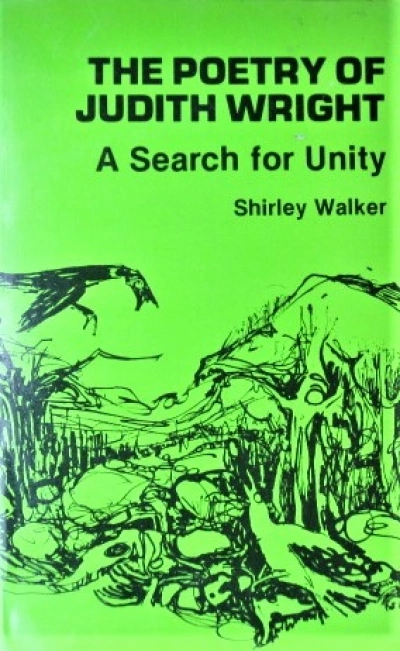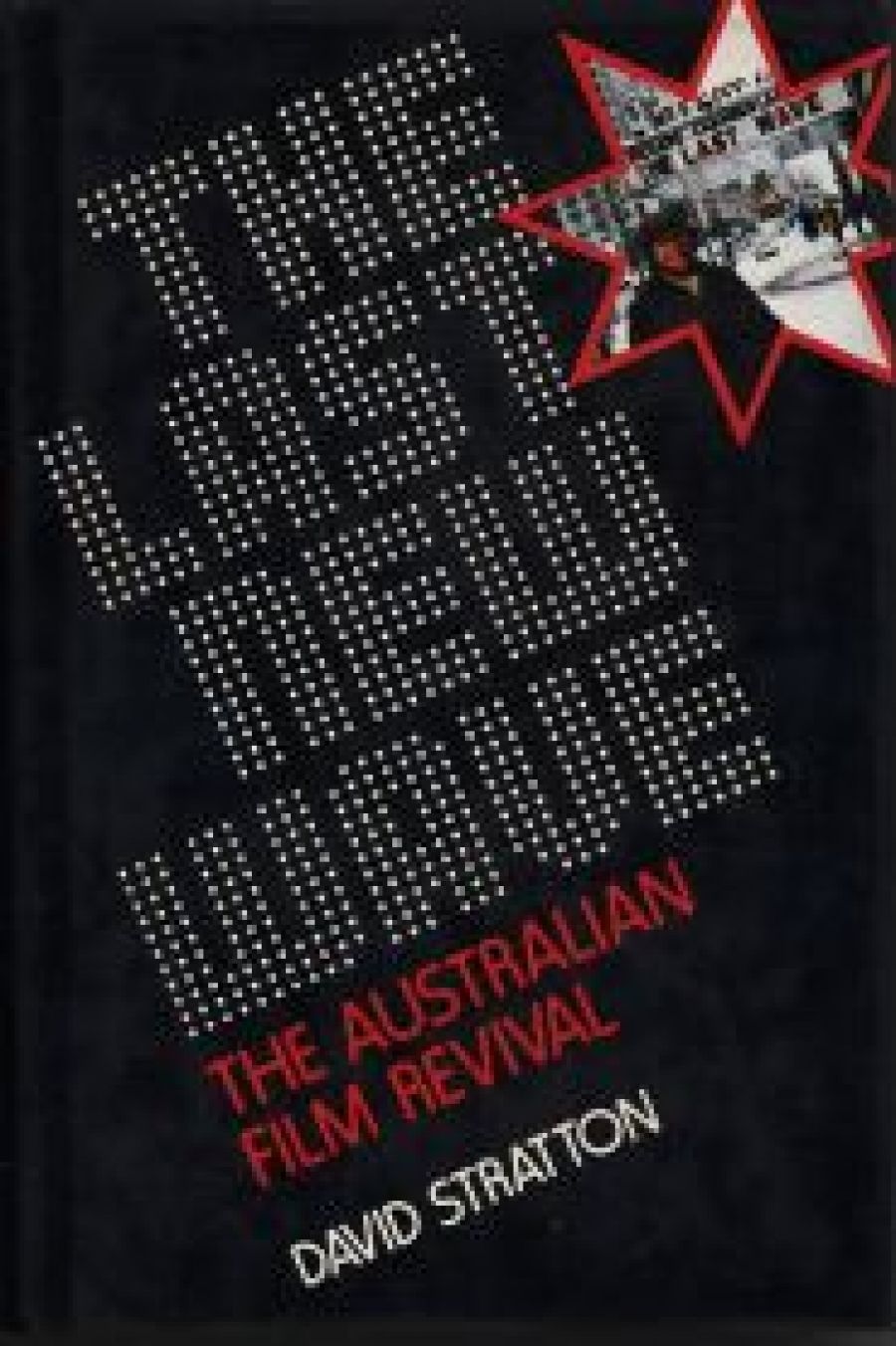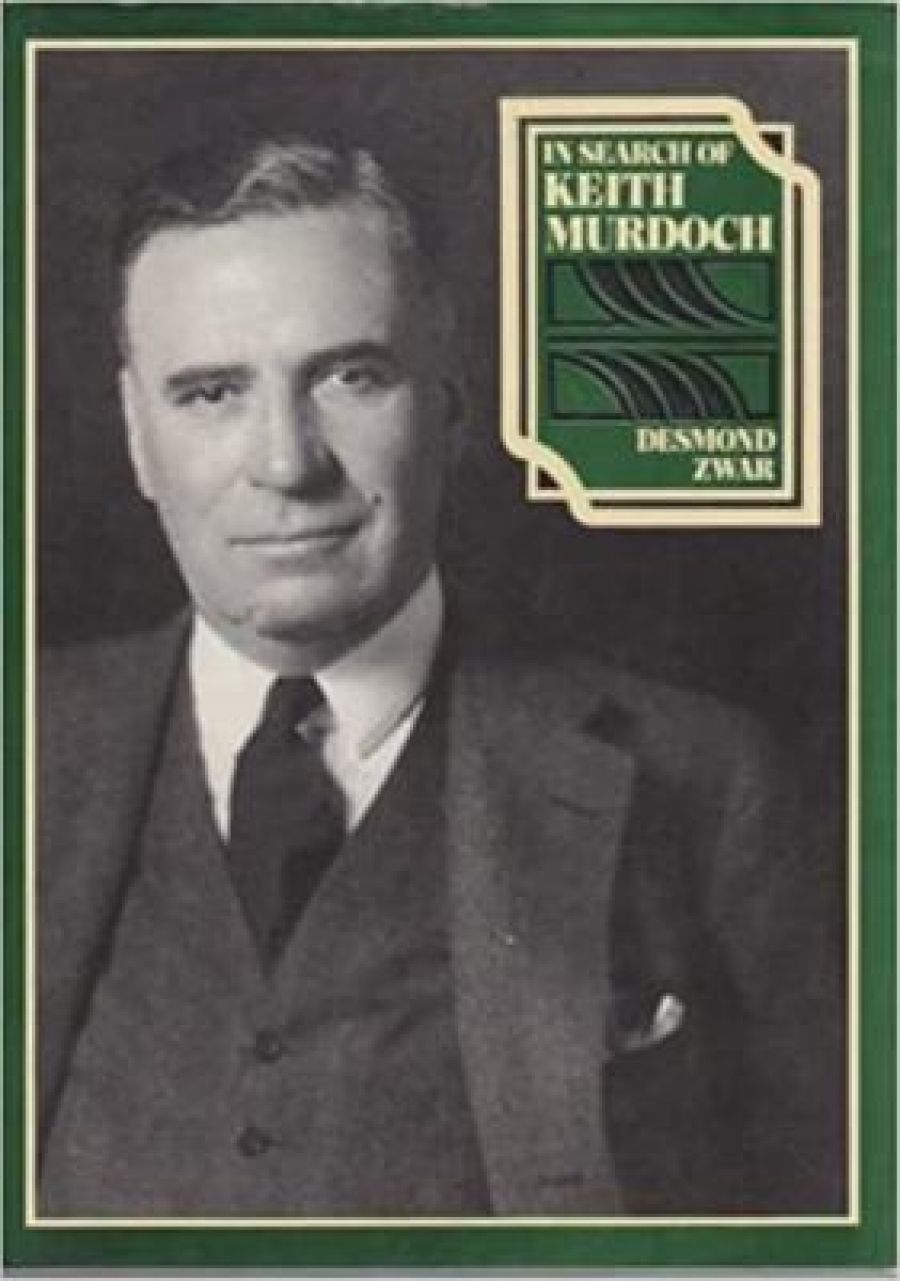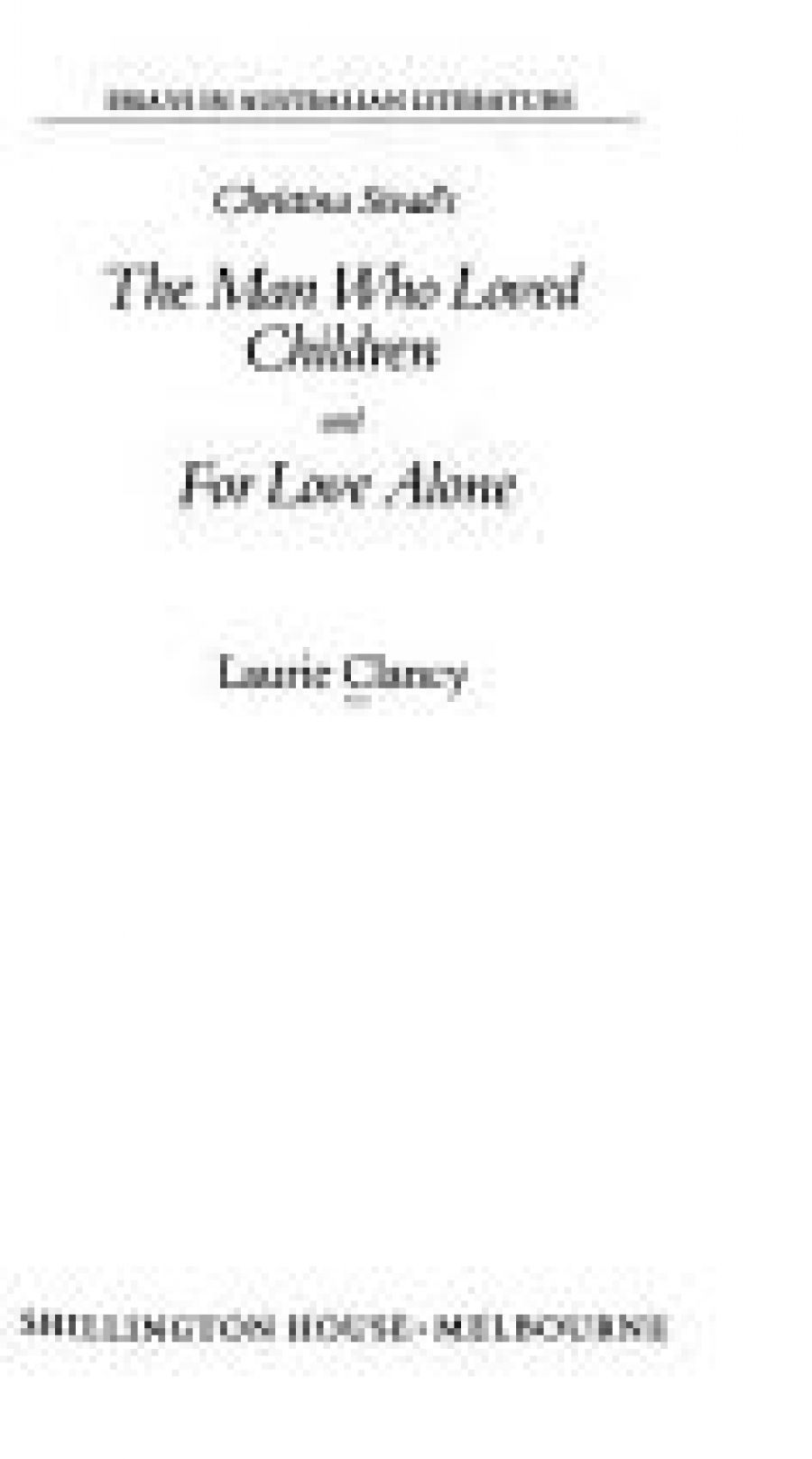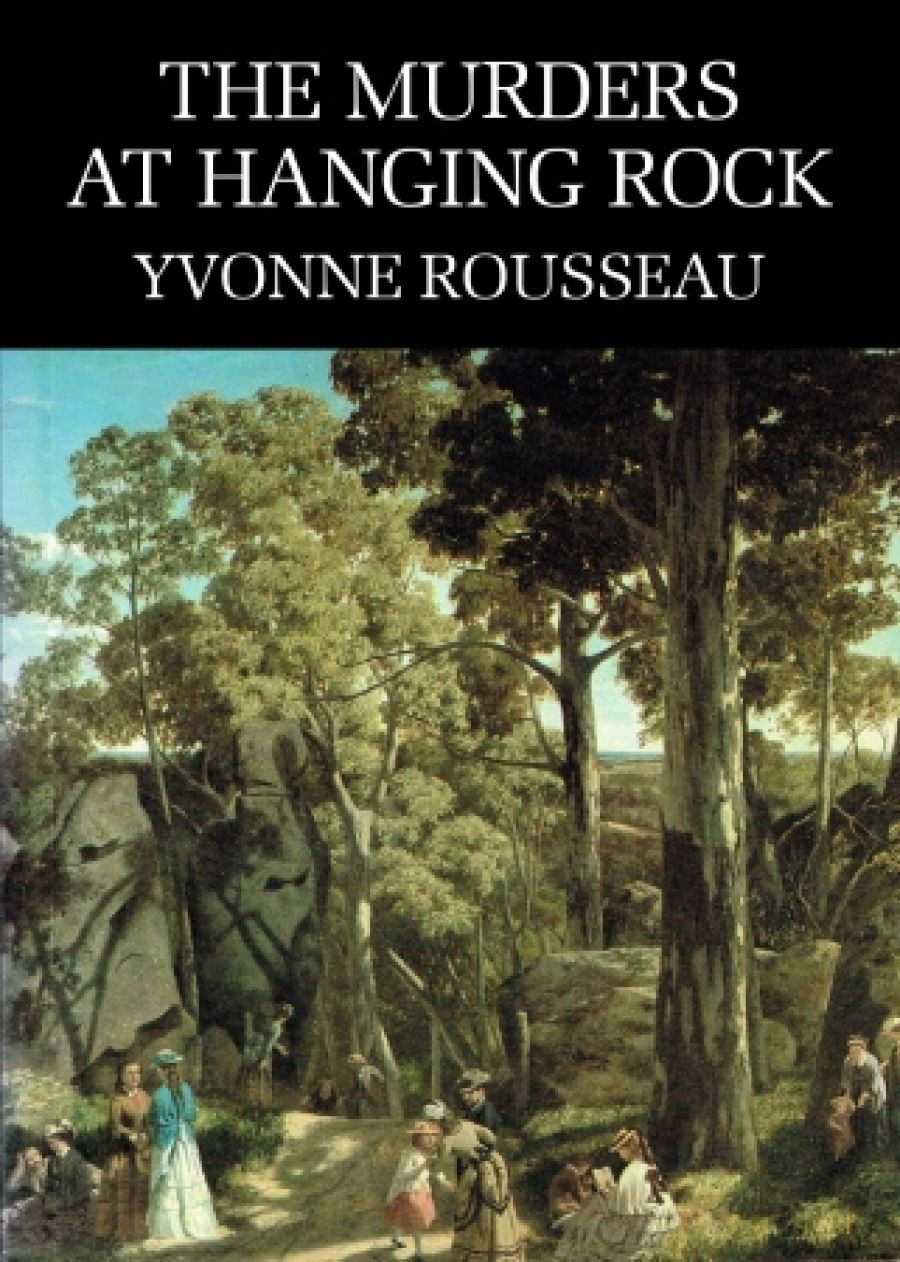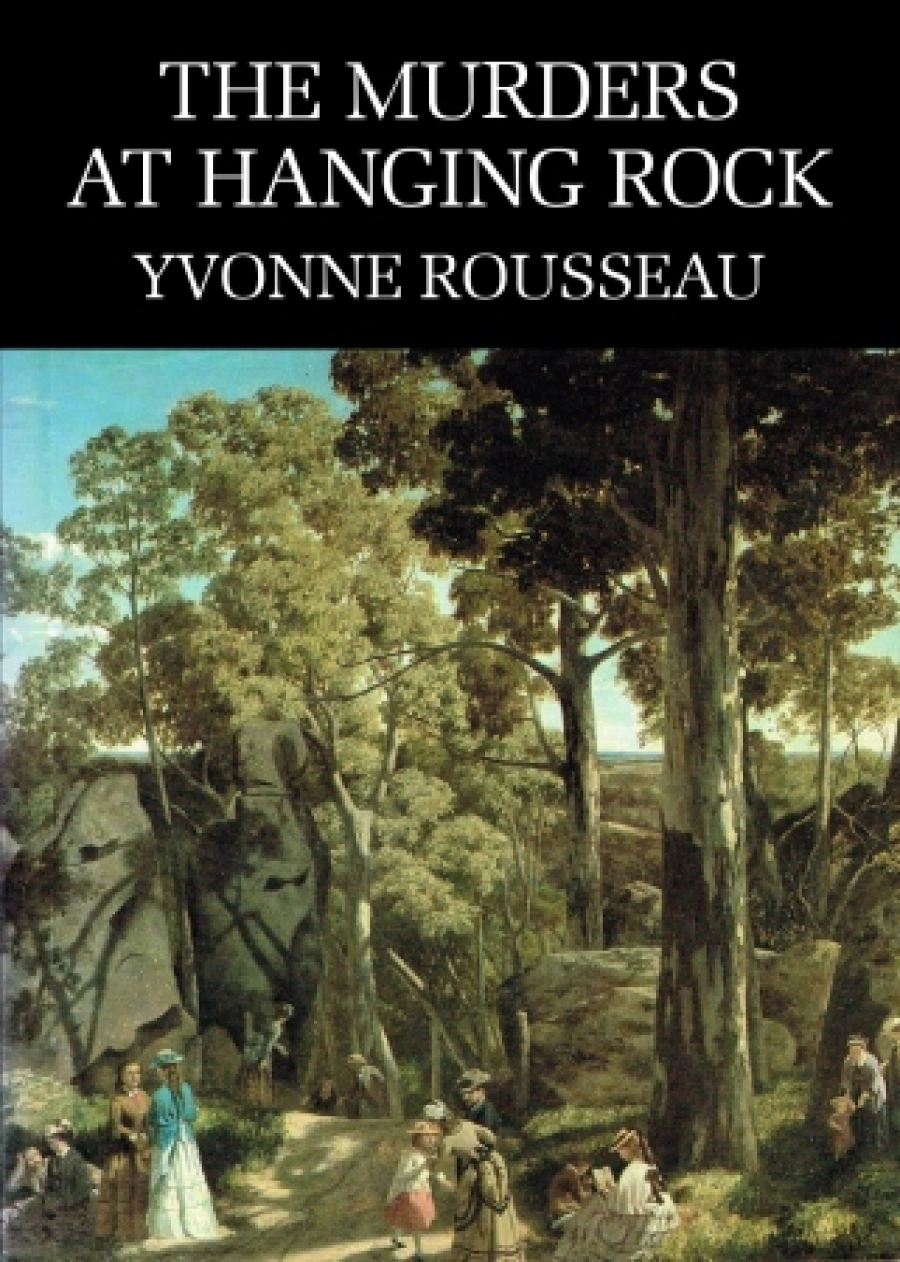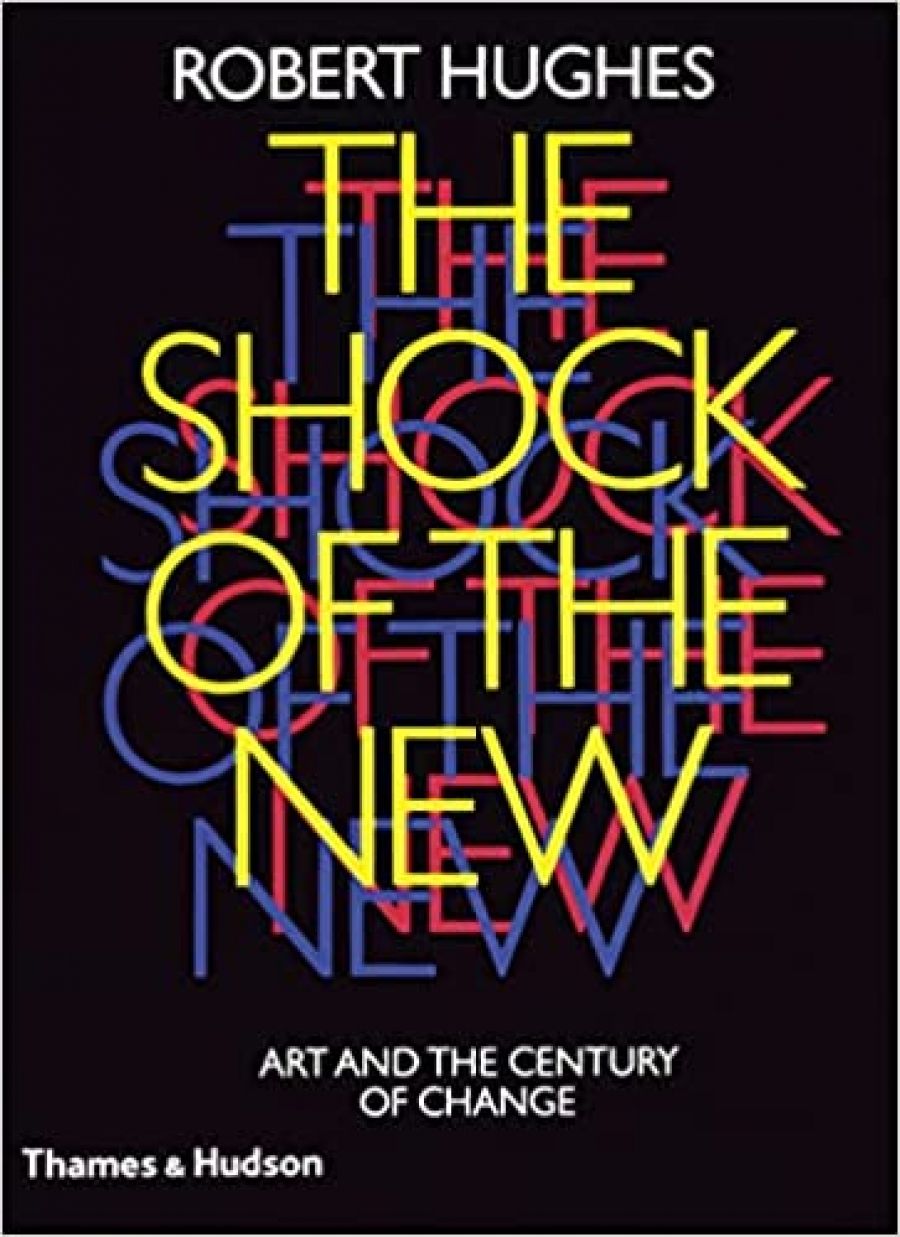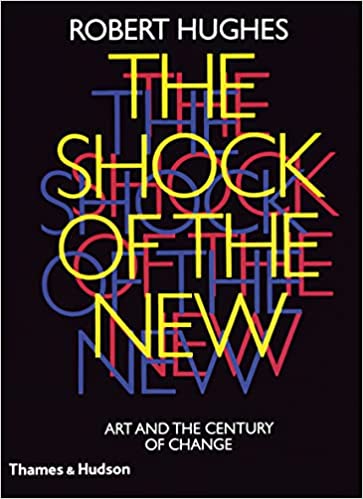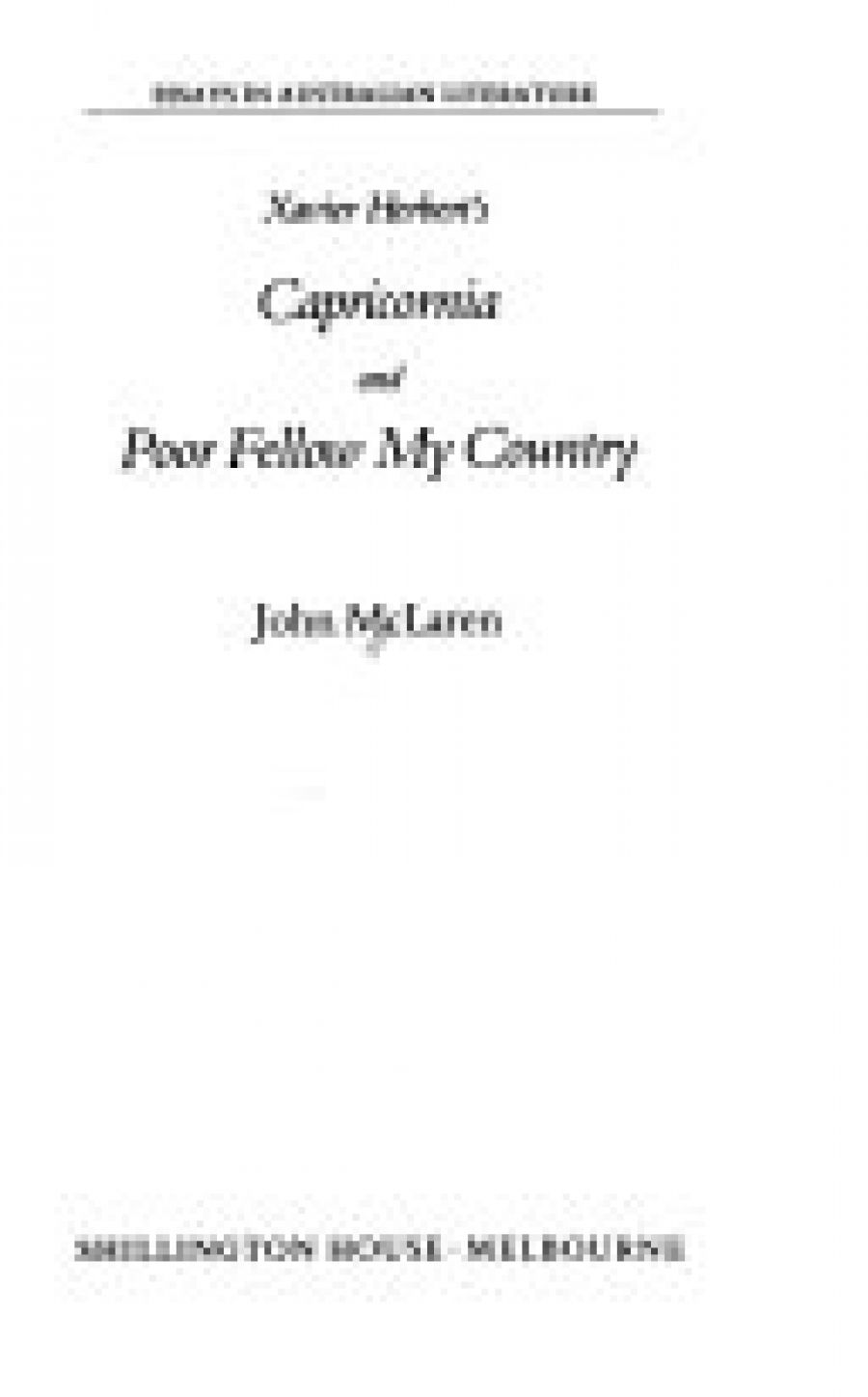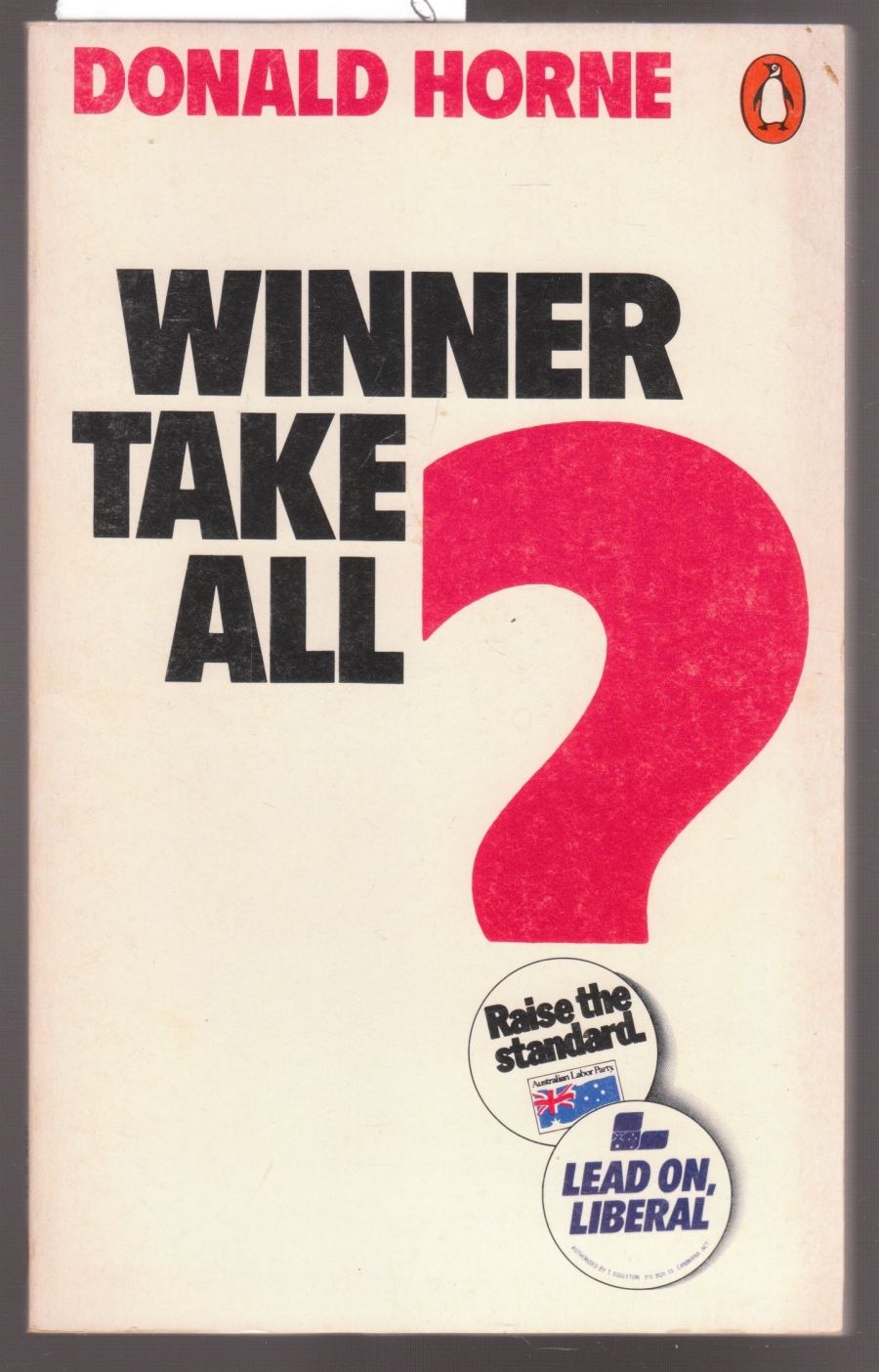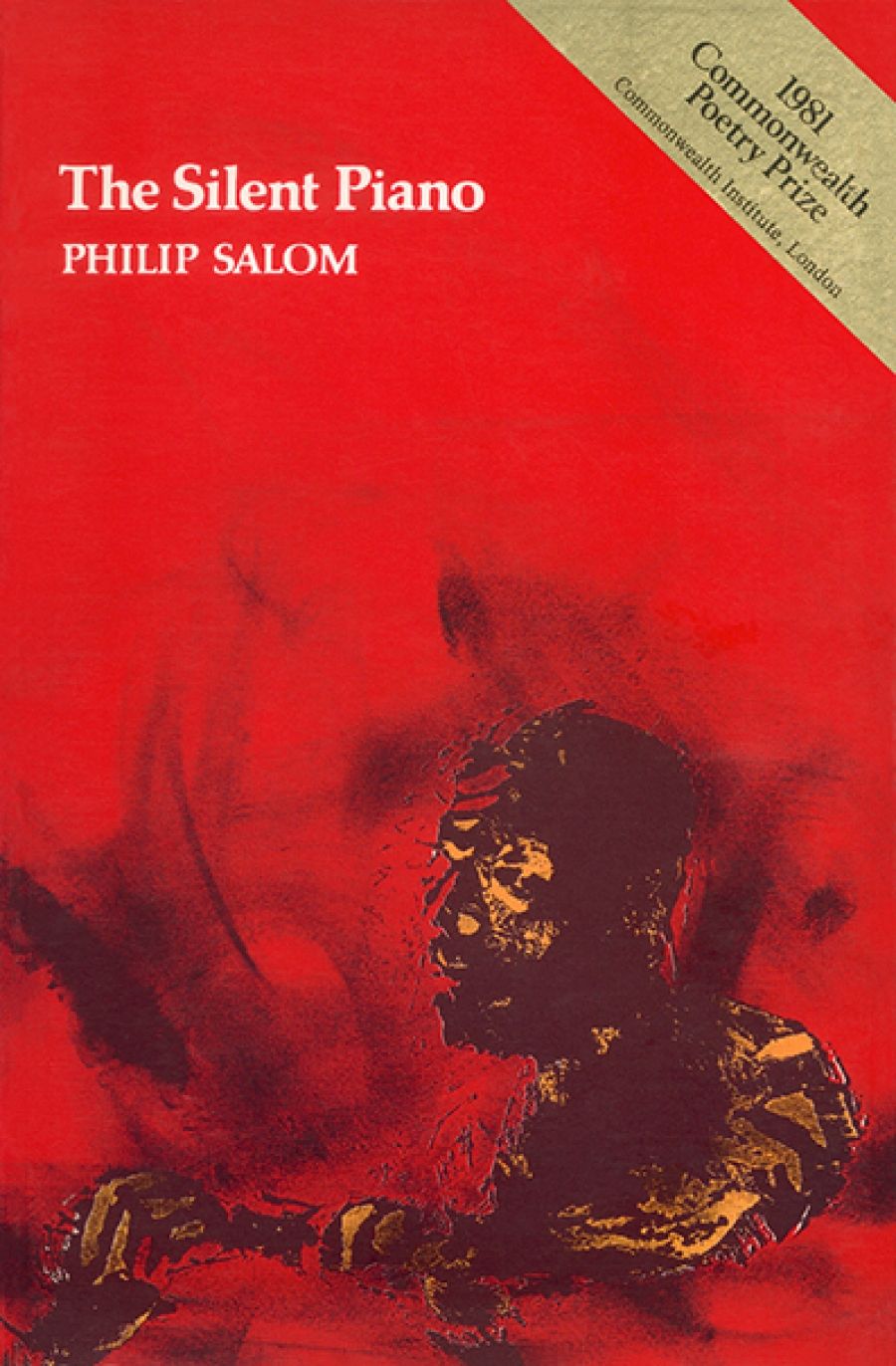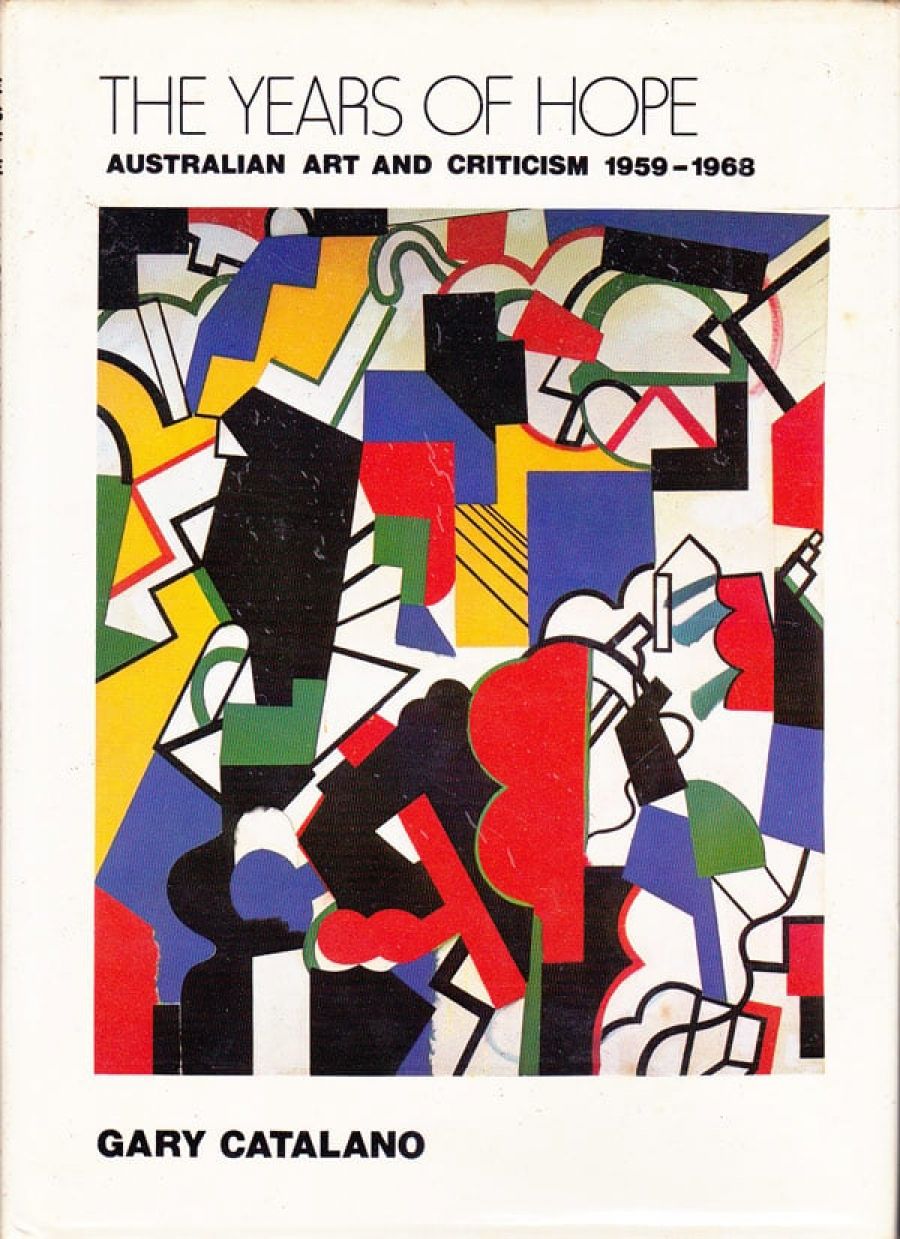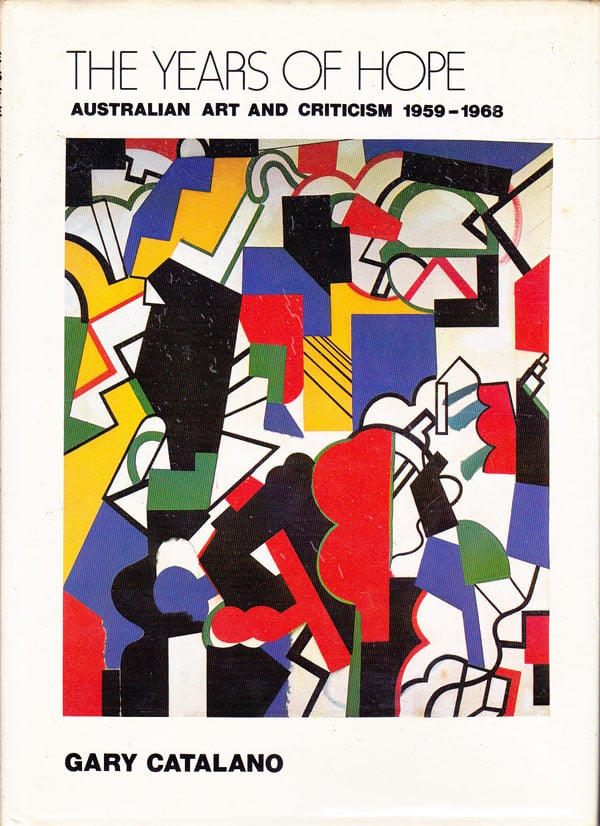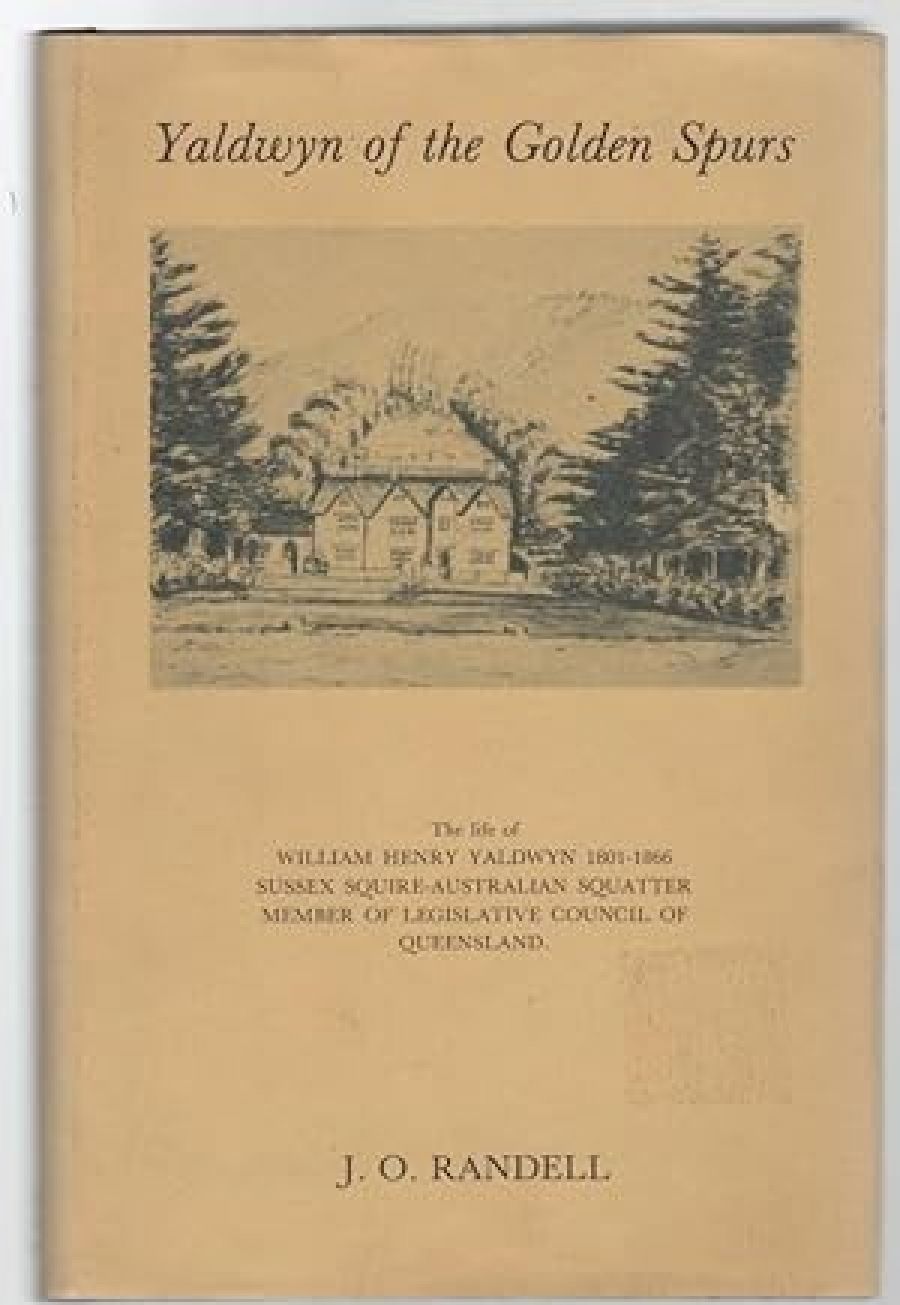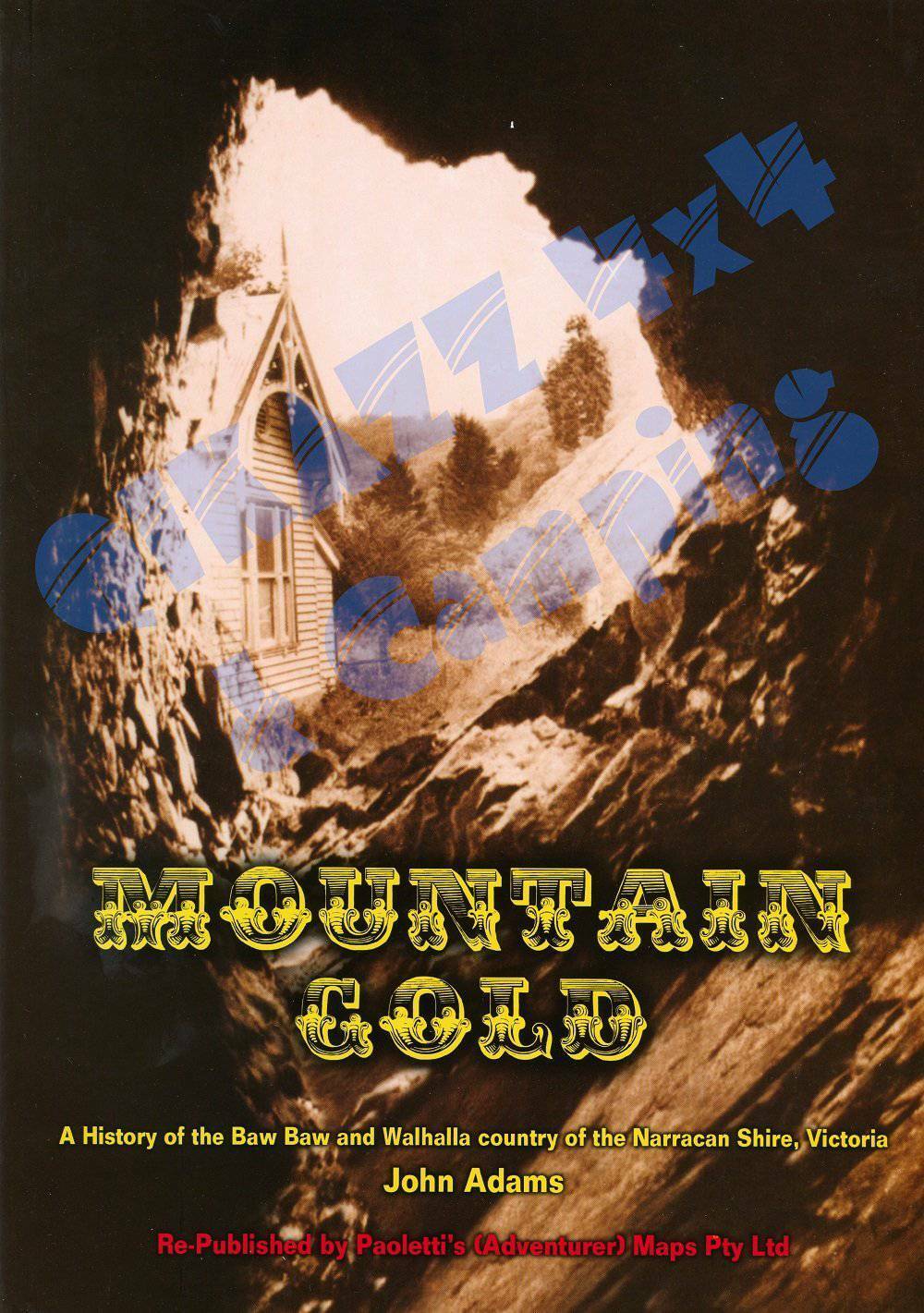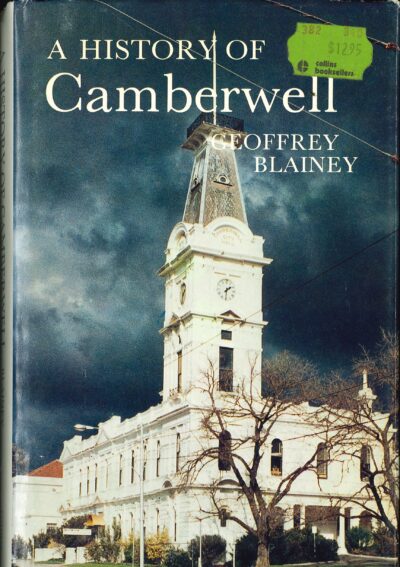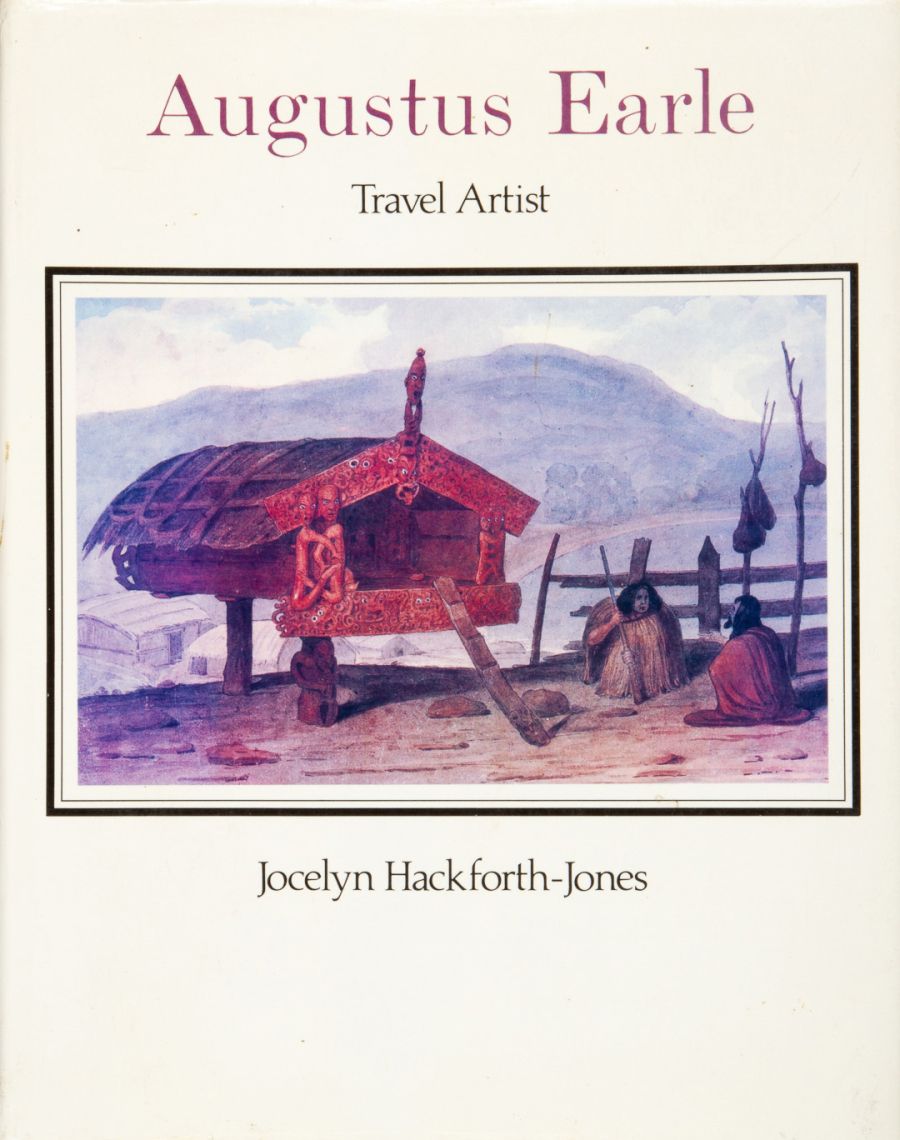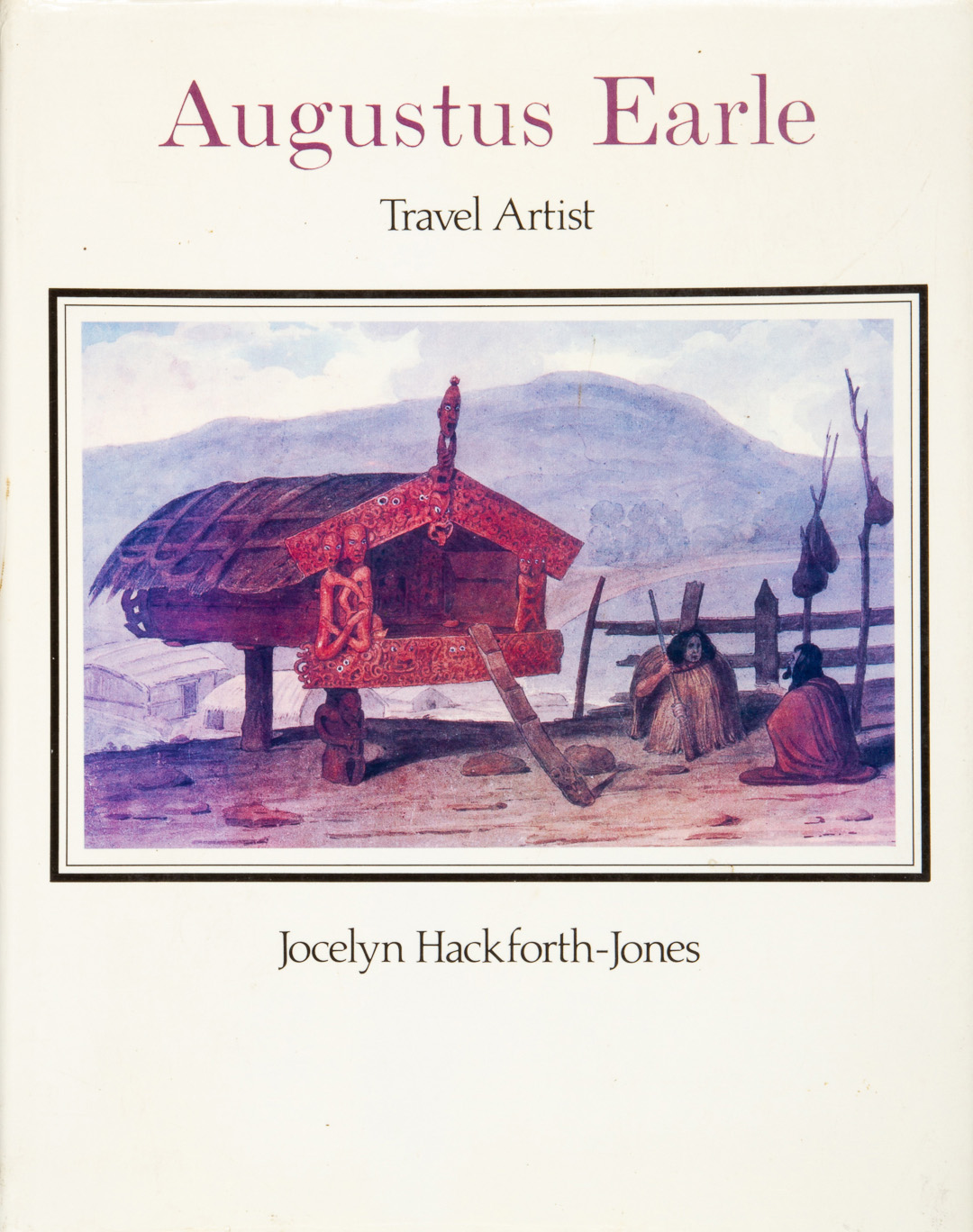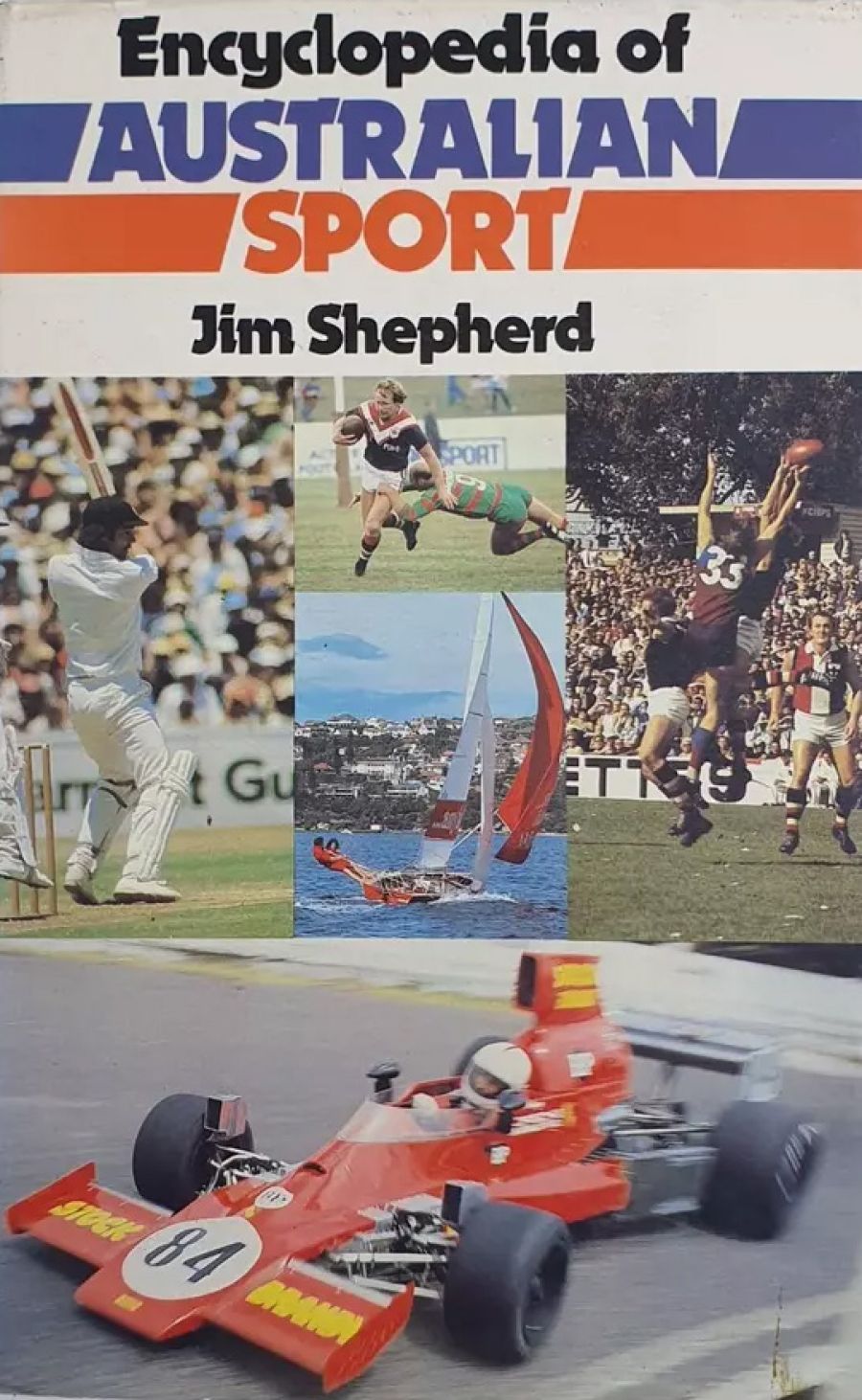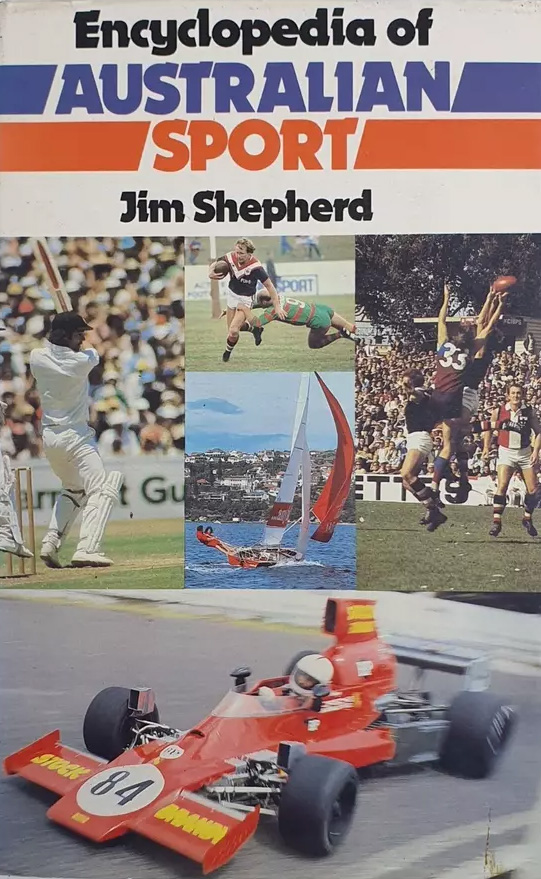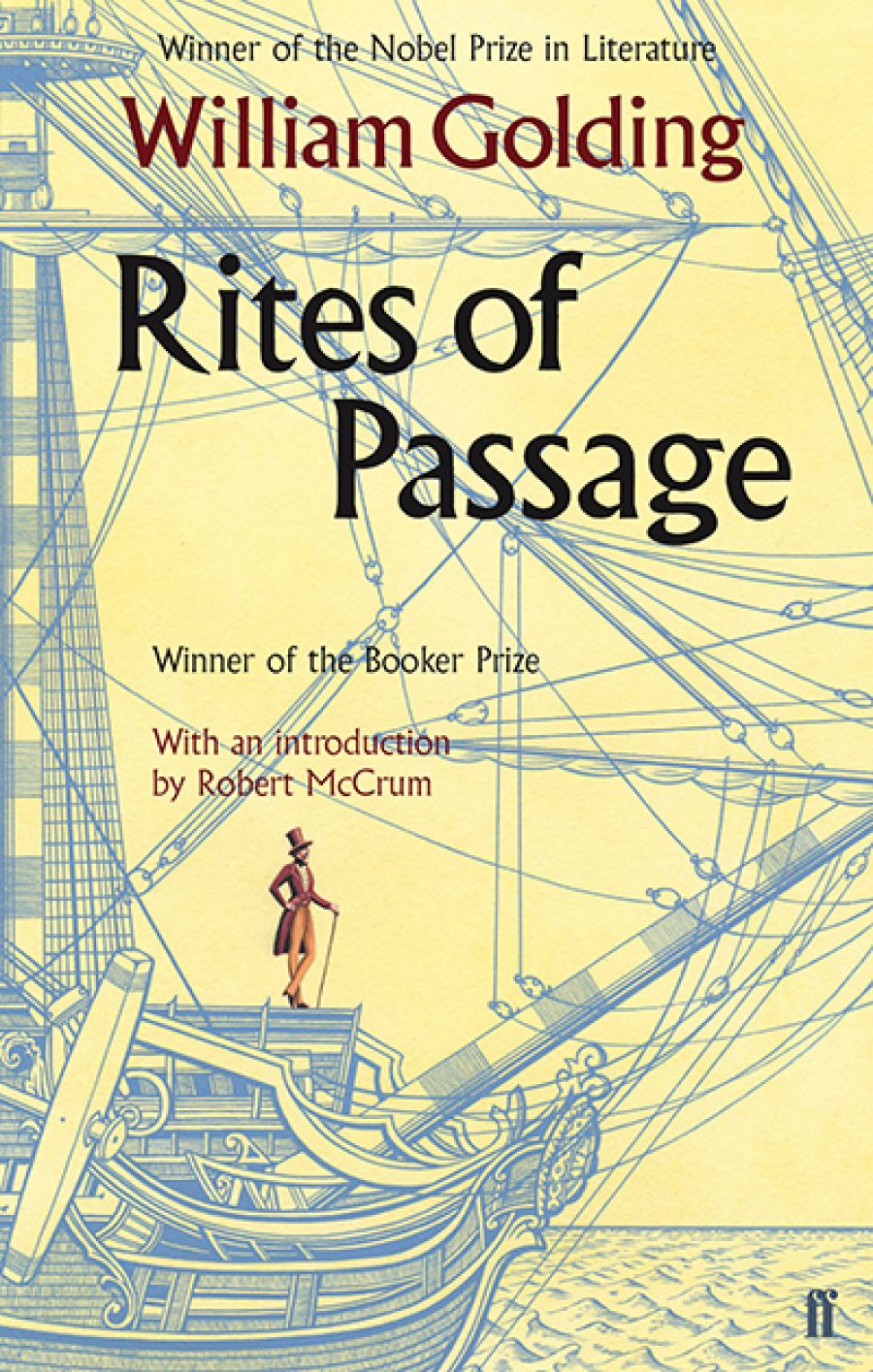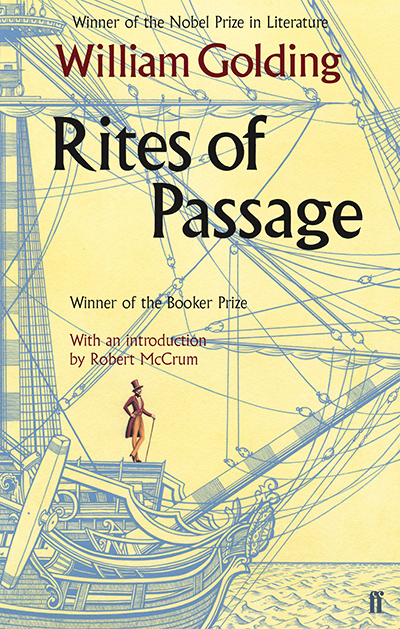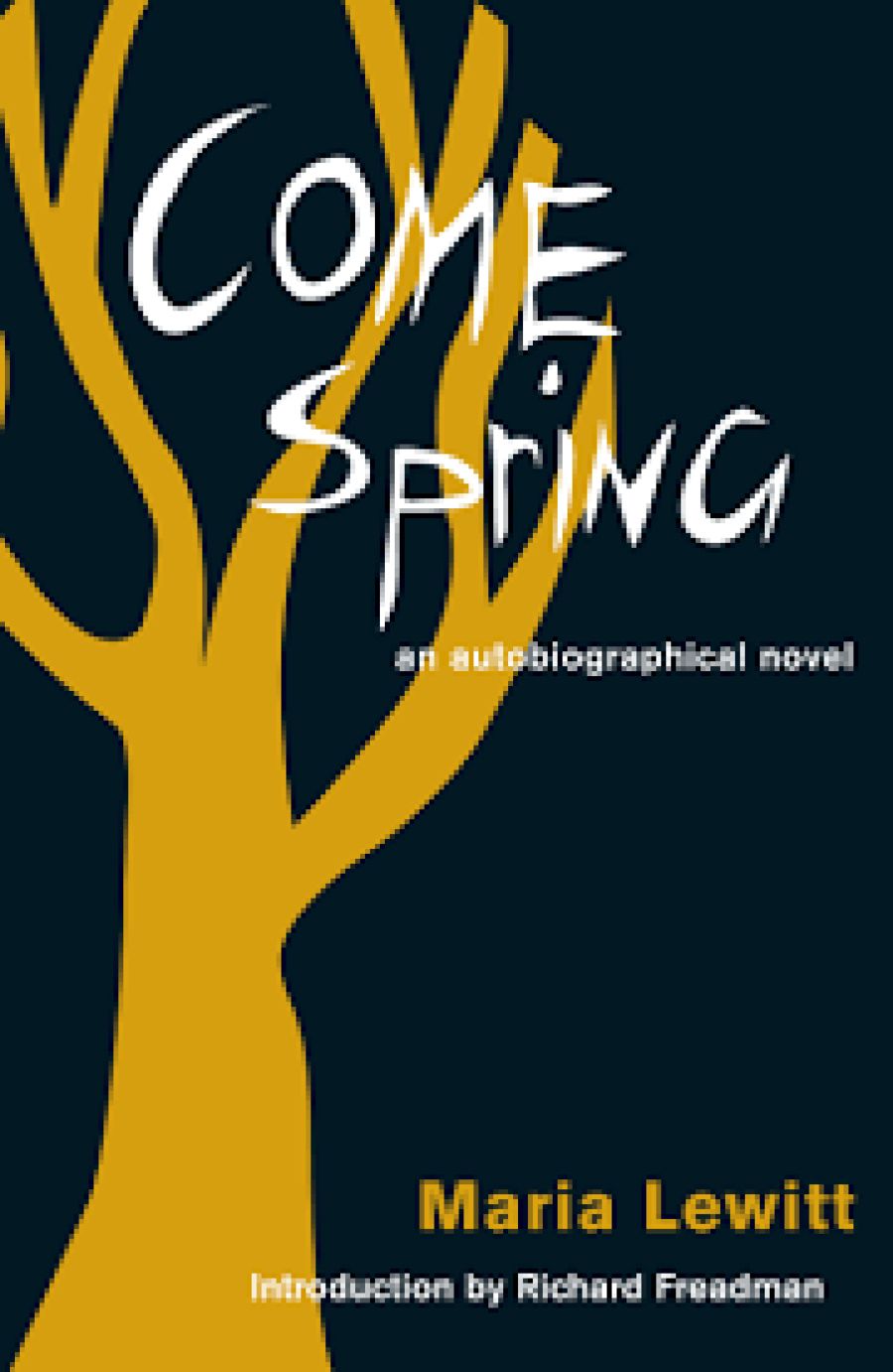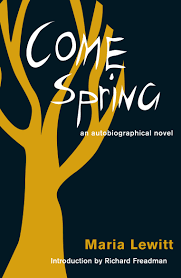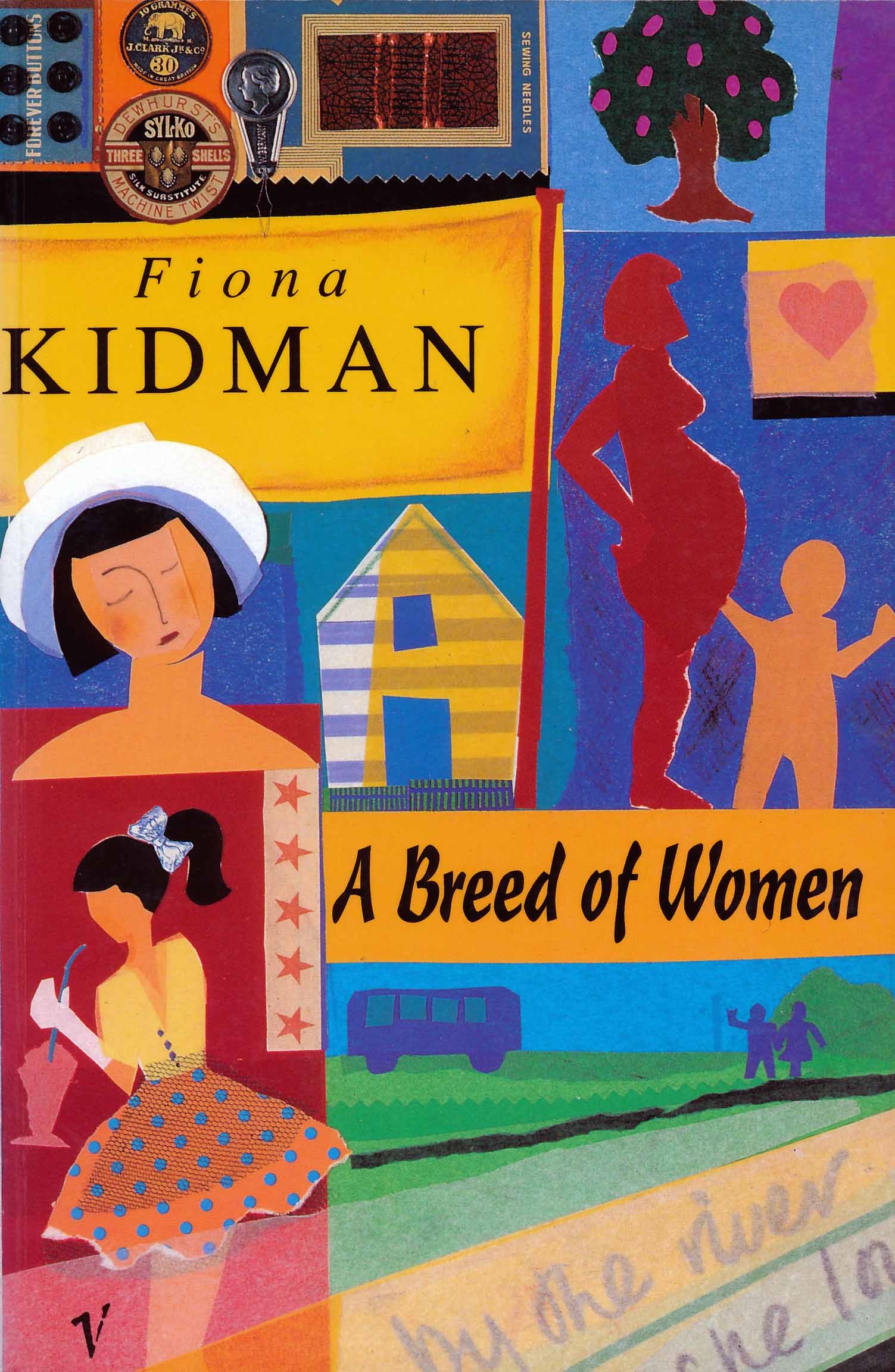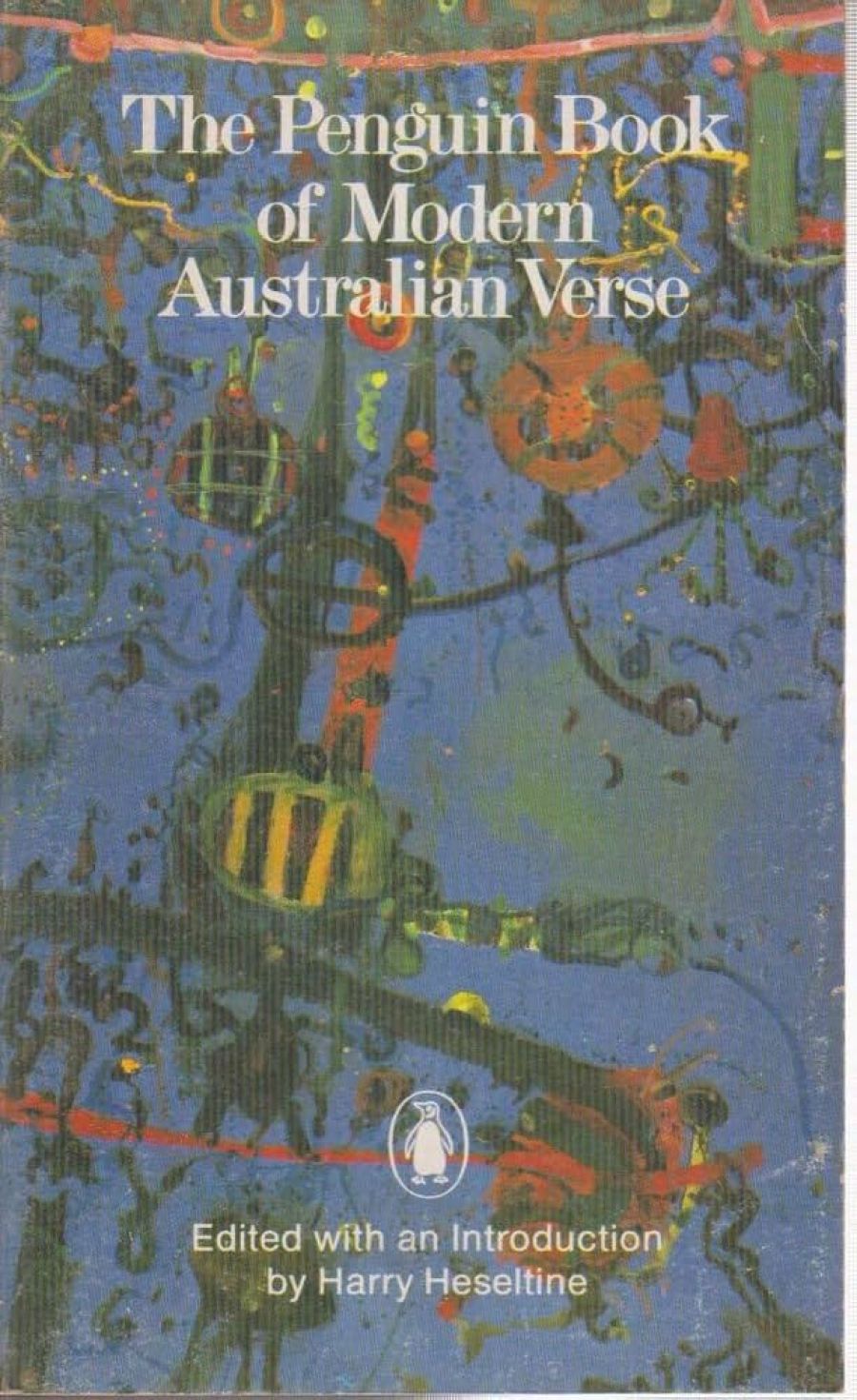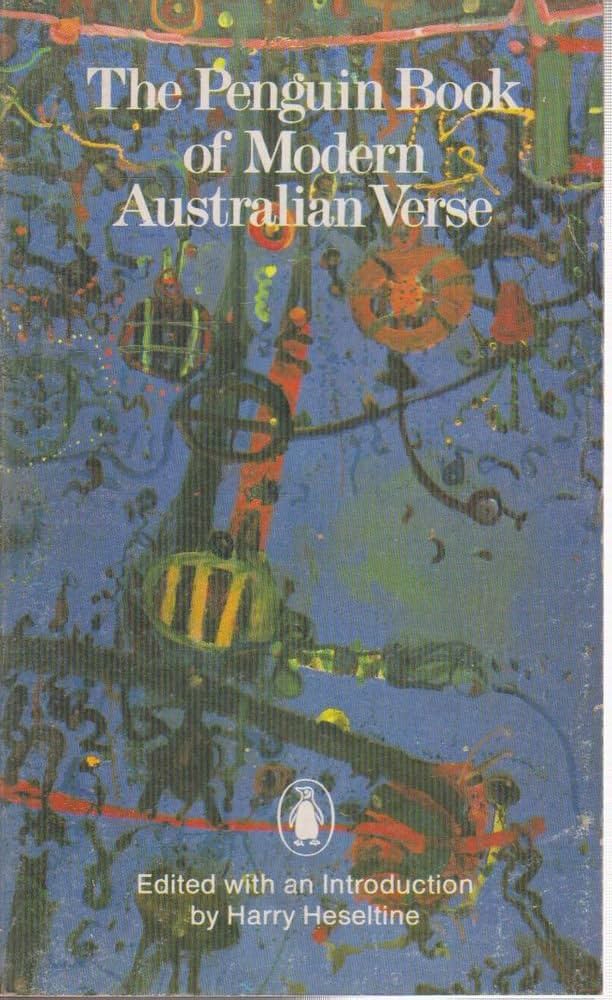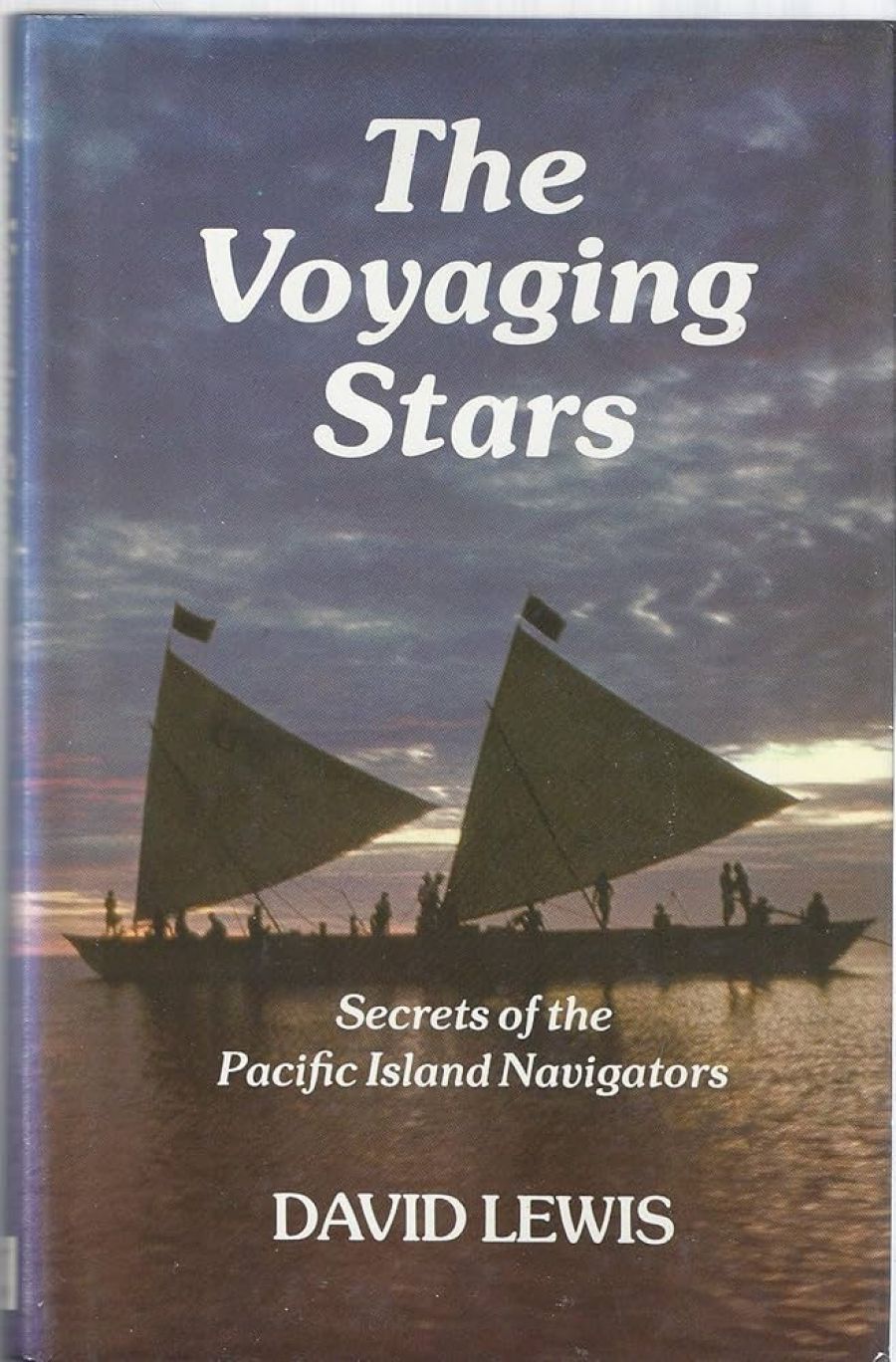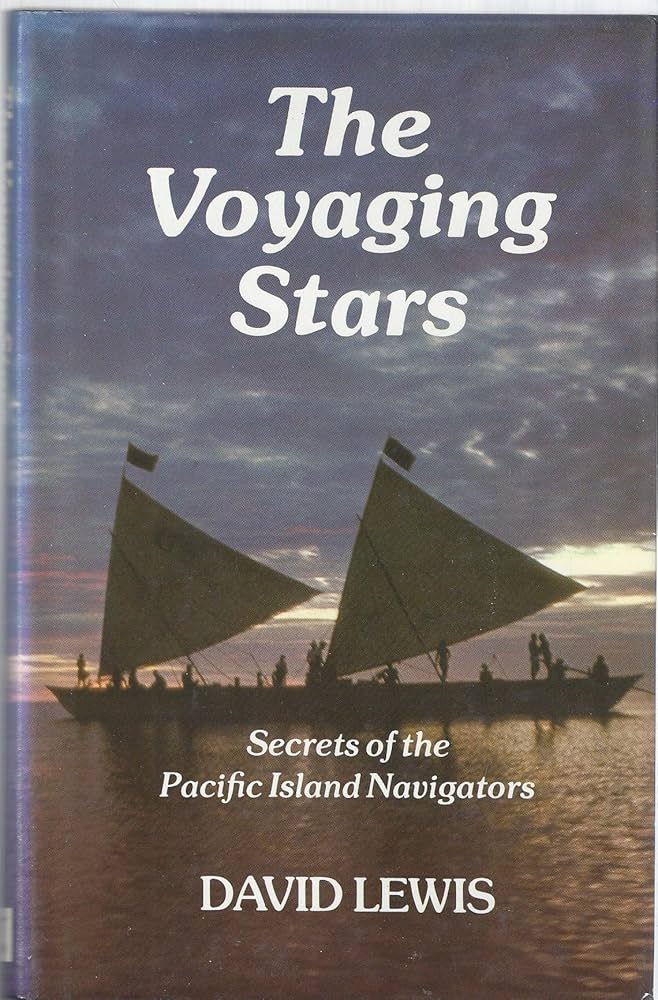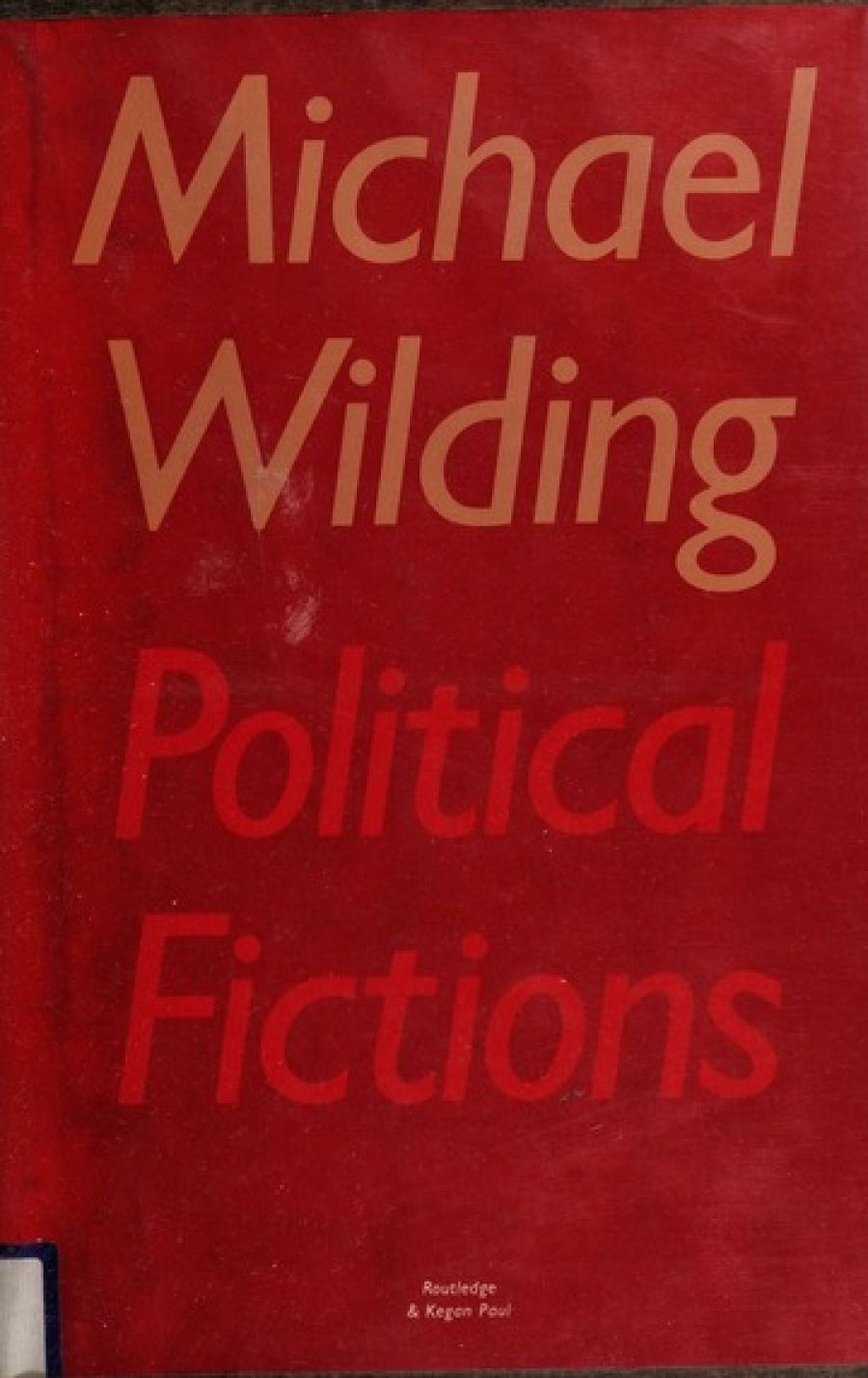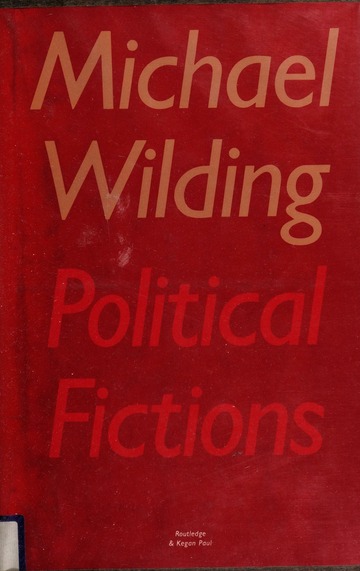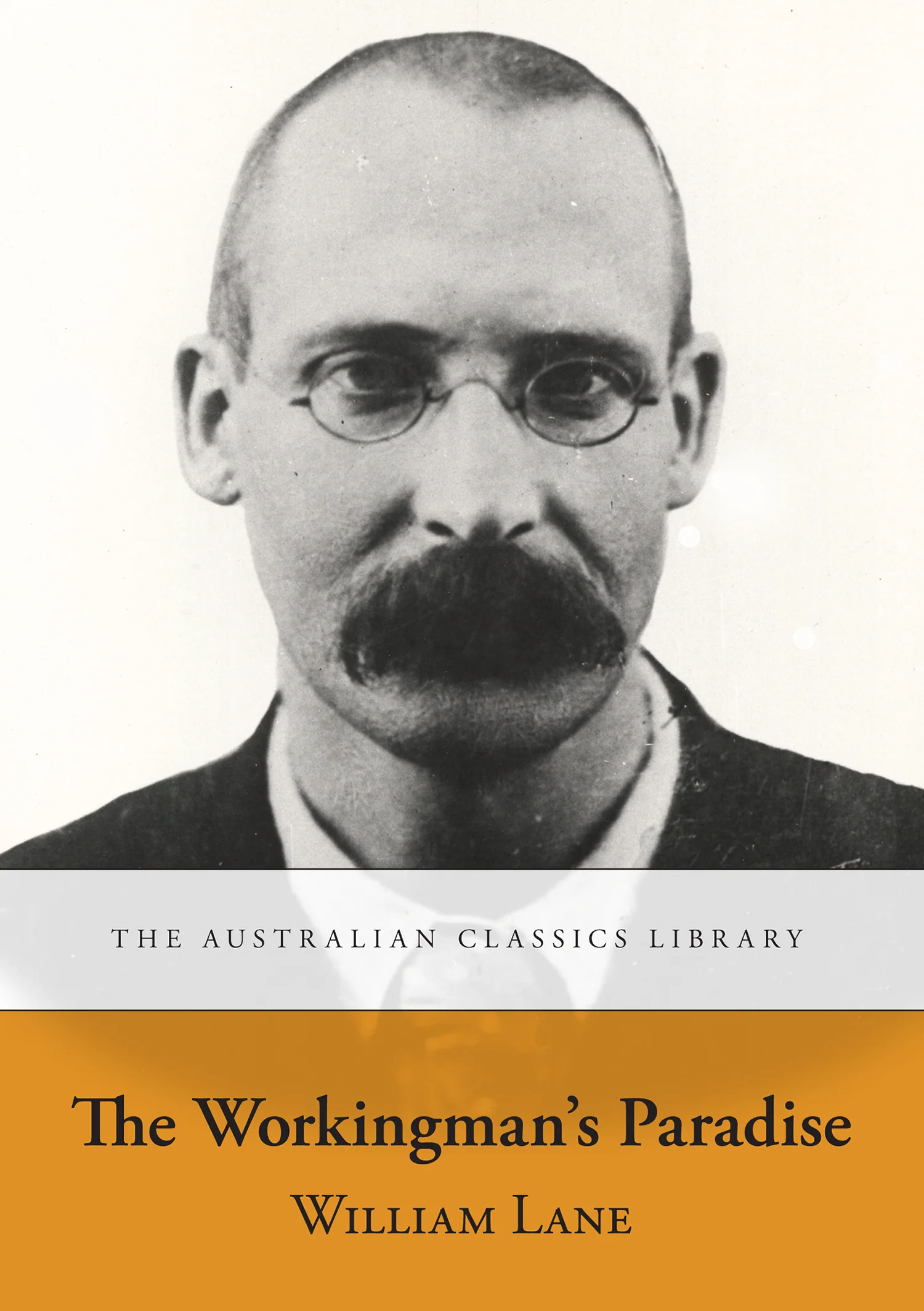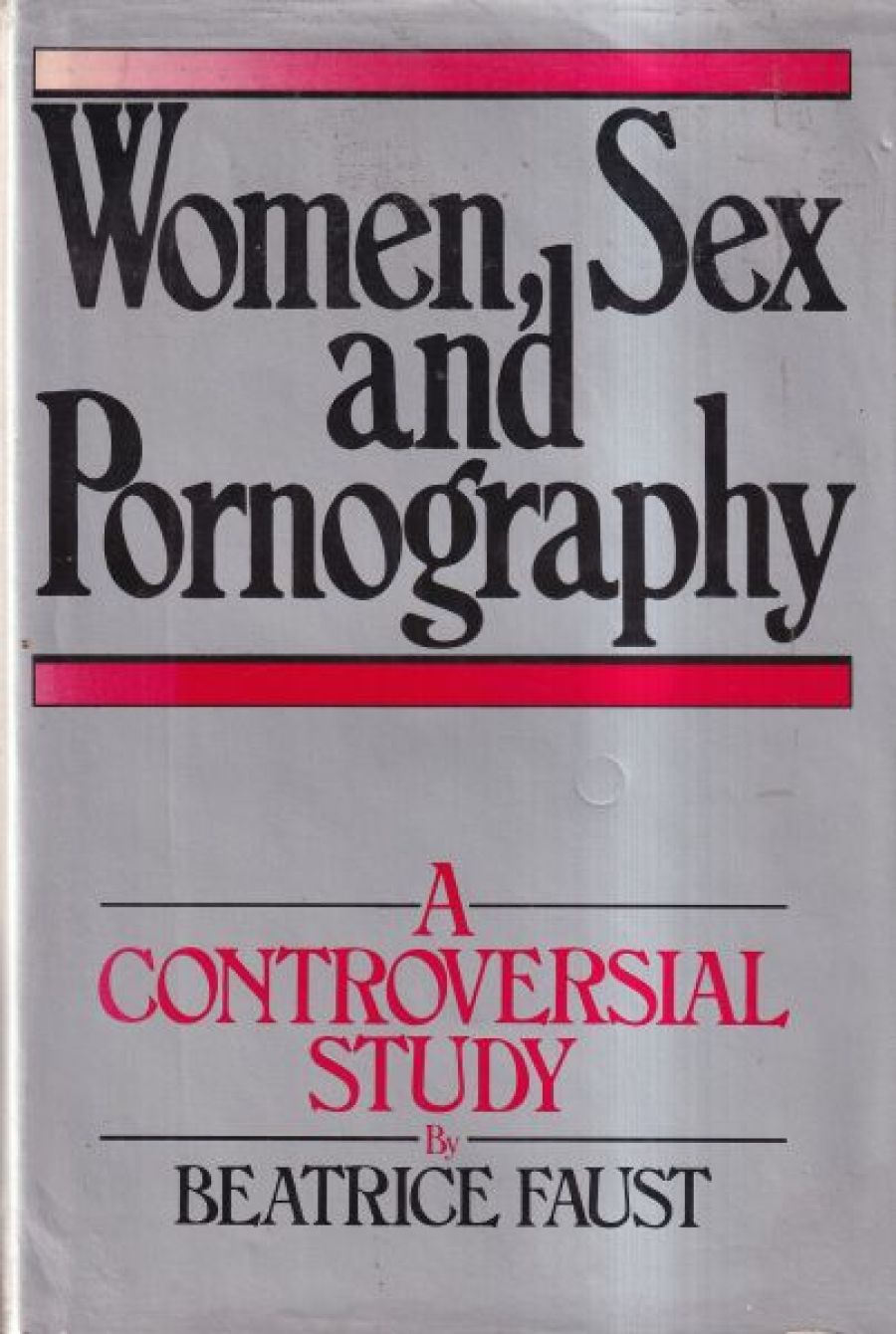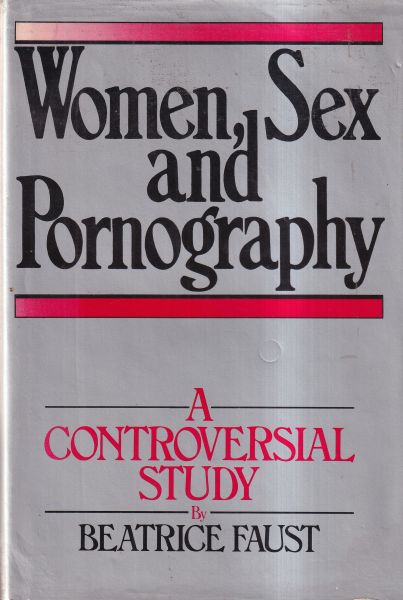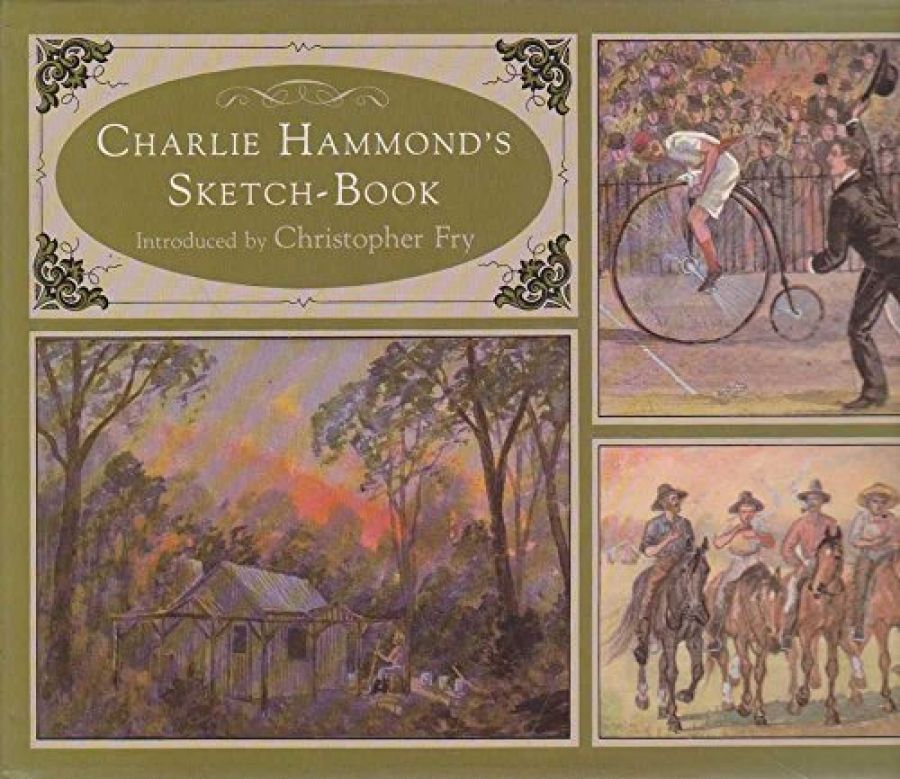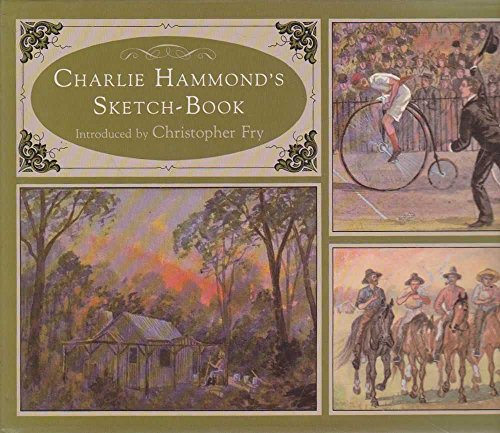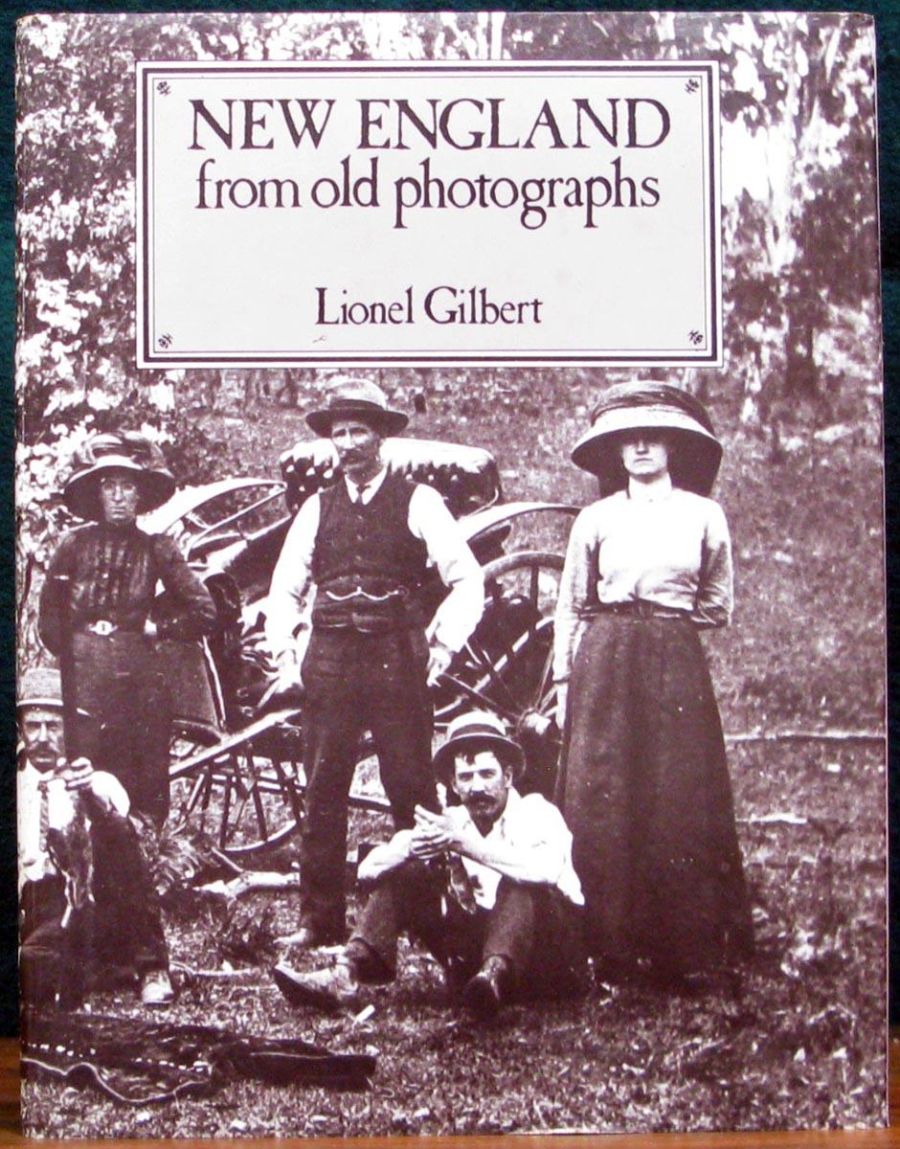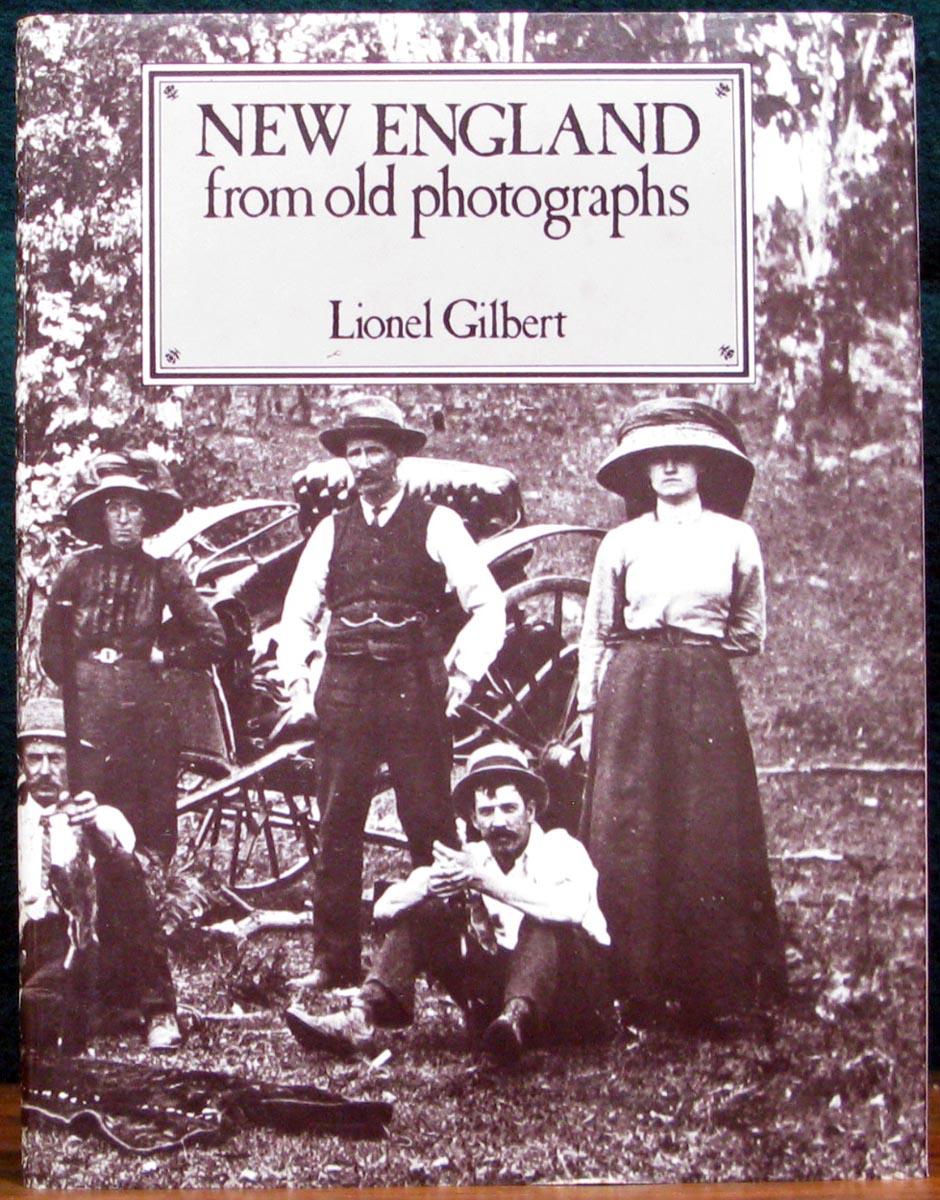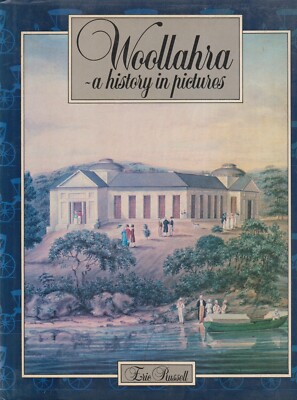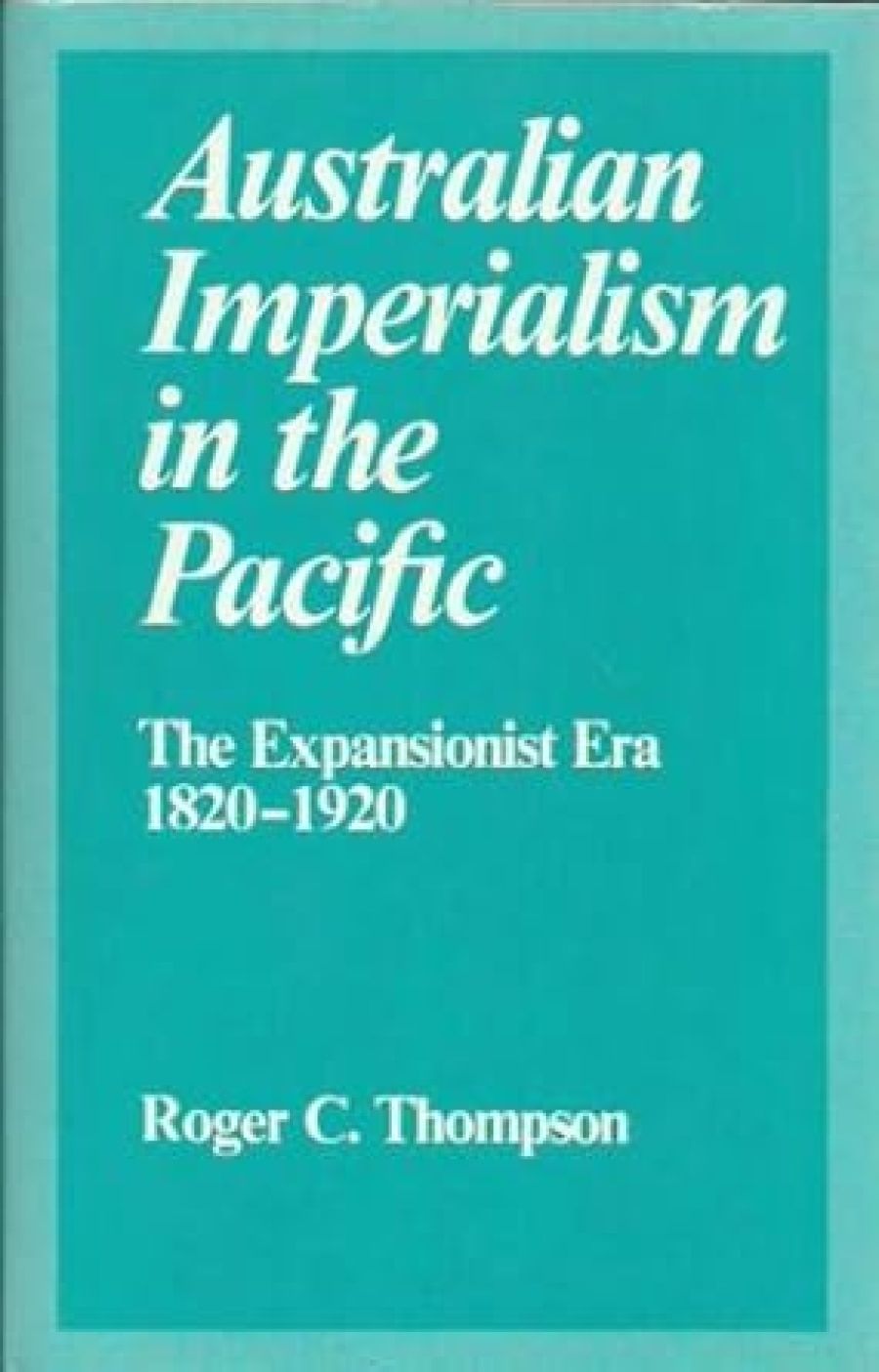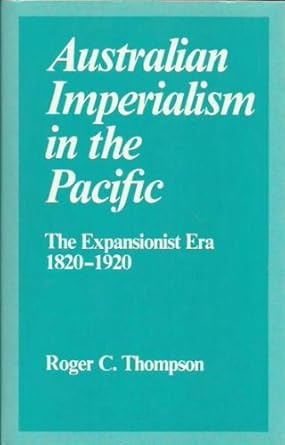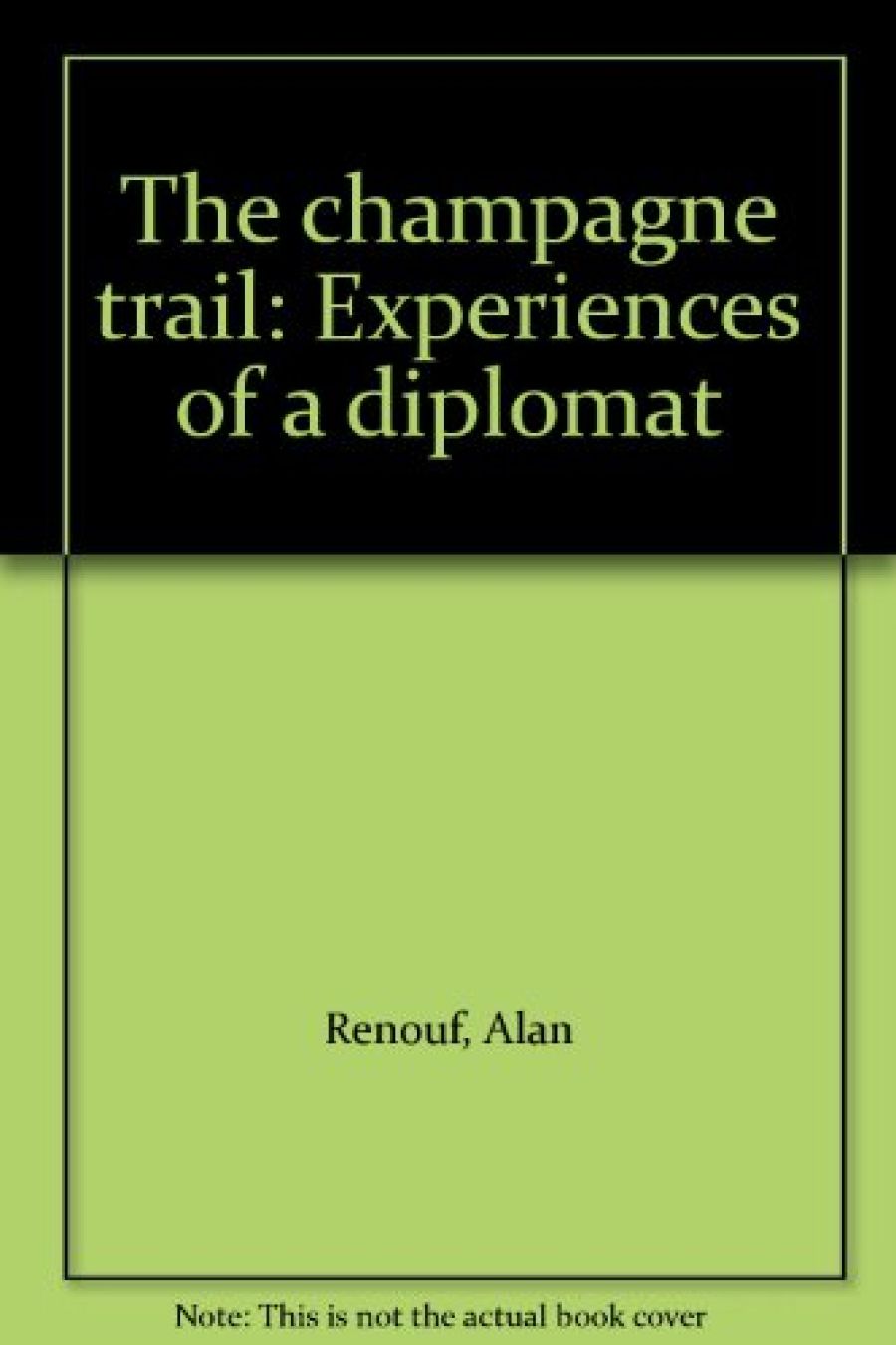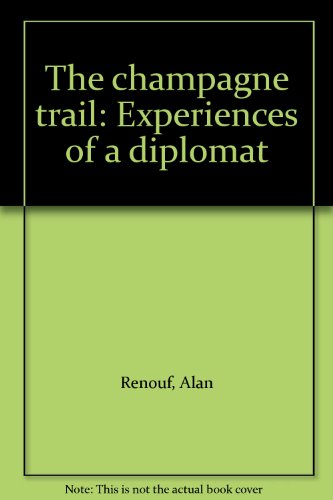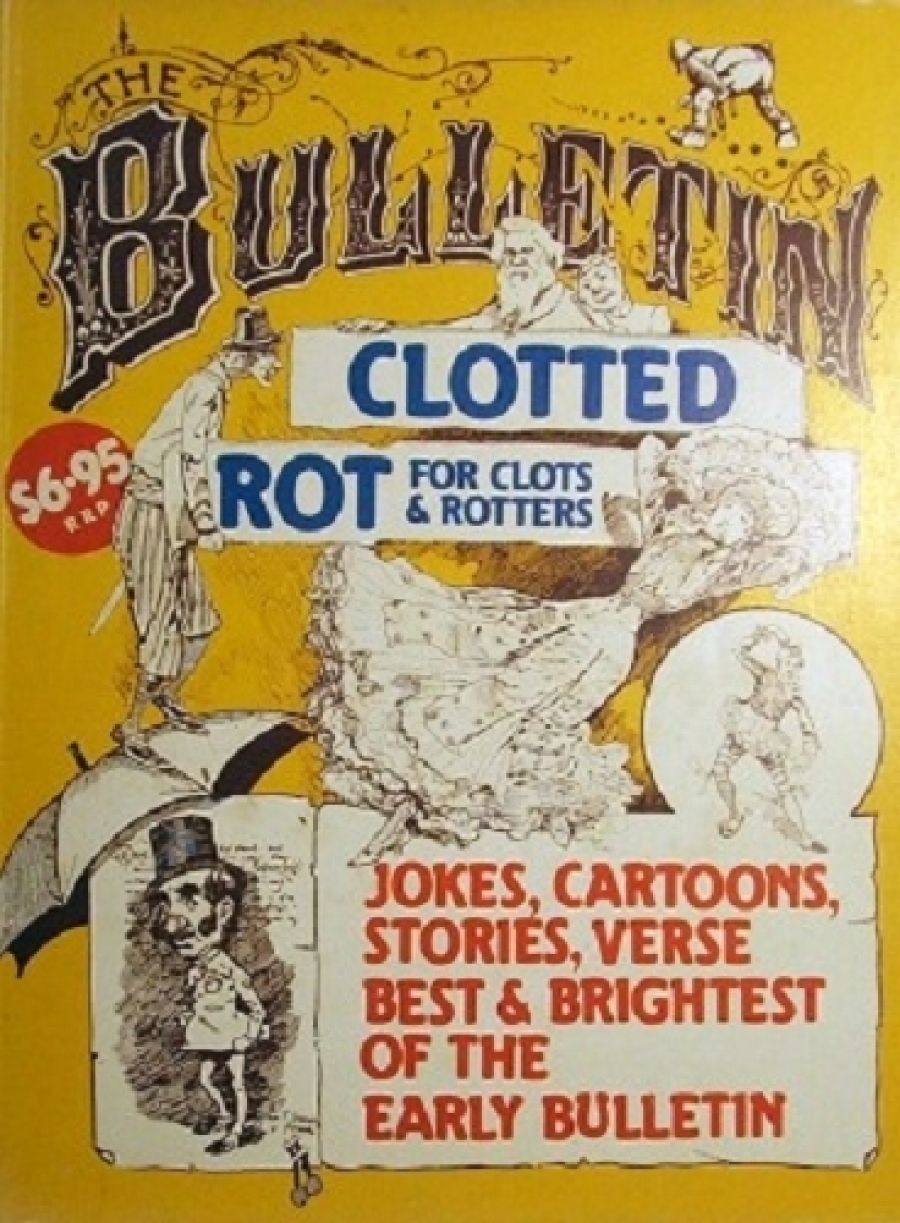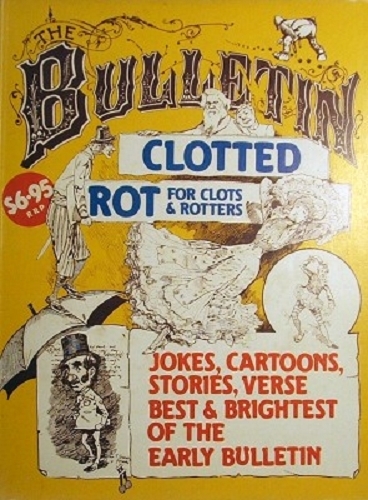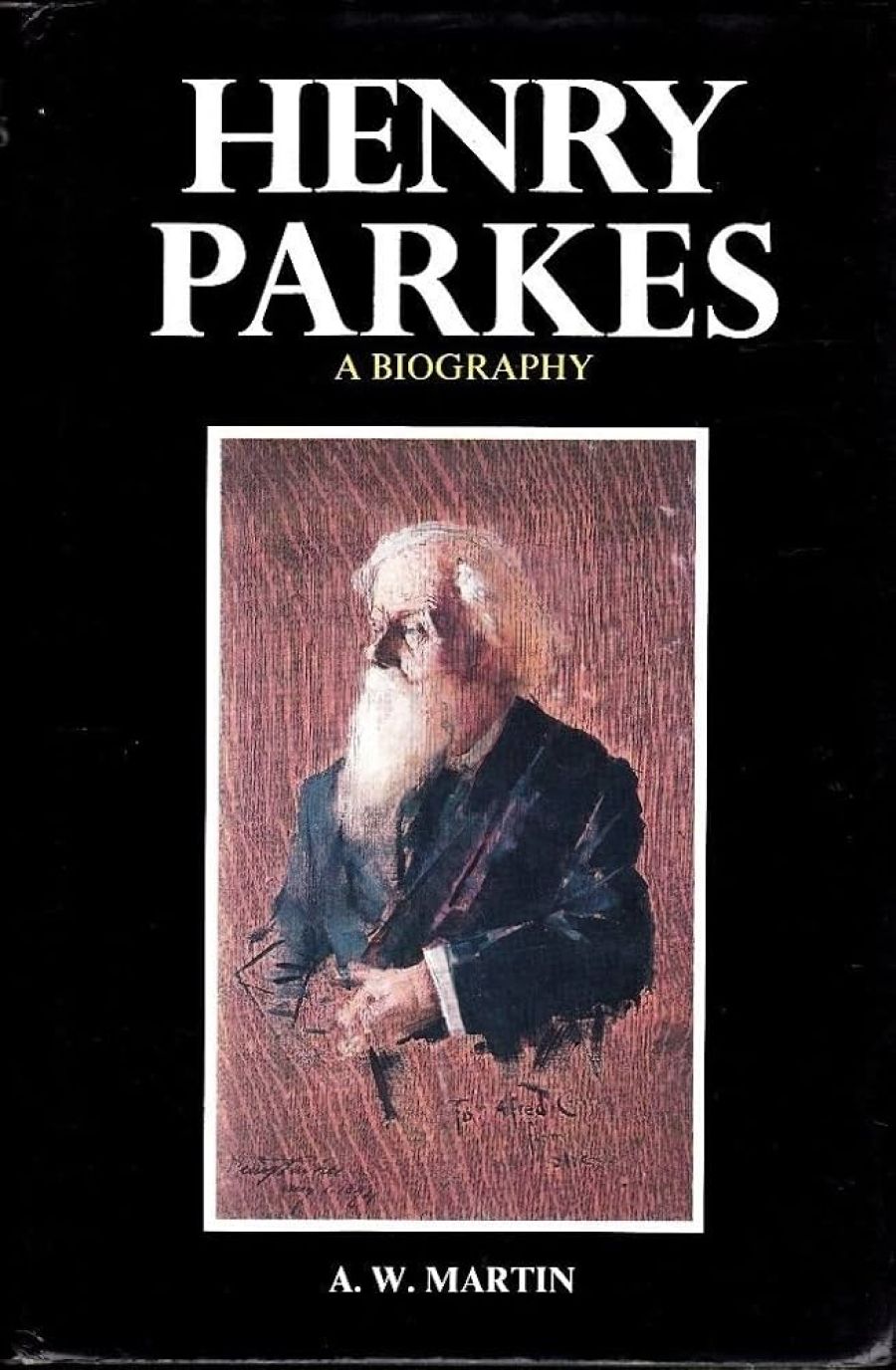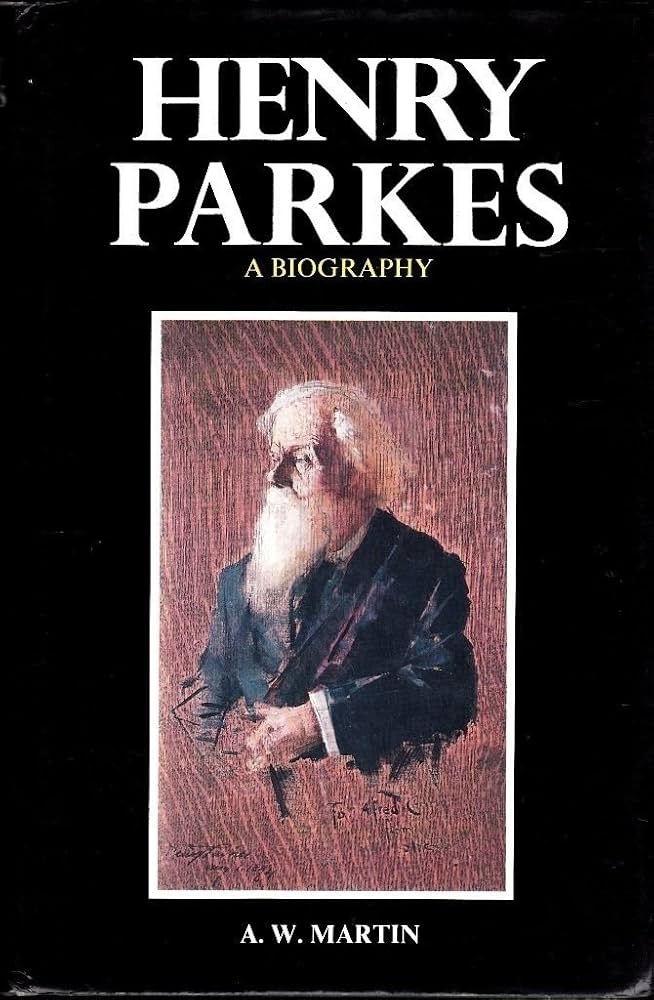The normally difficult task of reviewing first novels is compounded in this instance in that Lewitt's Come Spring is an excellent work and Kidman's A Breed of Women has very little to recommend it.
Both novels are written by women and deal with the problems of female adolescence and young womanhood. Lewitt’s work is set in Poland during the German occupation and Kidman's in New Zealand 1978 with back-tracking some thirty years to the childhood of its chief protagonist, Harriet Wallace.
Come Spring, despite the horror of its setting and events, is an enormously cheering work in that it displays so brilliantly and with such beauty of expression the ability of the human spirit to overcome adversity, to take delight and sustenance from the simplest act. The writing is the more incredible in that we are told on the dustjacket that Lewitt learnt English by ear after emigrating to Australia in 1949. Irena, the Lewitt persona in the novel, does not just survive the German occupation, she triumphs over it through her courage, her sensitivity. her love for family and friends (especially Julek, lover/husband), her uncle's dog, Shelminka and most of all, for Poland itself. The atrocities are there, the fear and cowardice and Jew bashing and killing, but all of this is recounted without self-pity (and Irena is a Jew) or hatred, indeed there is the incredible humanity of the author which sees that Fritz, the German who evacuates the family, is lovable to his own family; that after the German defeat, the Nazi slave labourers are reduced to the same piteous condition as their former victims, the Jews. Lewitt does not make apologies for the Germans, but she does place the atrocities of Poland and concentration camps within the wider perspective – we are all little Hitlers given half a chance.
There is in this novel an astonishing blend of the grotesque and beautiful, the horrific and absurd. When Irena's family is finally forced to evacuate she opens the heavy suitcase which her Aunt Olga has insisted they bring with them:
Inside was an iron with two cast-iron heaters; this was absolutely necessary in case we wanted to freshen up our clothes. Apart from Unde’s portrait, there was also toothpaste, a wall mirror, a cooking pot and a crystal vase. All this surely was needed, for we might feel like throwing a party for Fritz and Co.
Unfortunately for the reader, Kidman’s Harriet Wallace never achieves such glimmers of ironic humour. A Breed of Women is one of a number of recent novels which seem to be aiming for the award of antipodean A Woman's Room. full of self-indulgence, self-pity and sexual prurience disguised as awareness. The novel deals with the life and loves of Harriet Wallace, from farmgirl through to ageing television personality, hopelessly enamoured of Michael Young who is, predictably, some years younger and not particularly interested. There is a husband in the wings. Max Taylor; and ex-husband, the Maori Denny; assorted children and friends; adolescent companion, Leonie Treager, now a bored and lonely executive wife. In the early part of the novel Leonie does show some promise but the massive egocentrism of Harriet ensures that Leonie, like all the other characters, is made insignificant while Harriet remains centre stage and stays there for all the maundering and fairly trivial ‘insights’ of the work.
A great deal of the novel concerns itself with Harriet’s search for ‘it’ – her quaint euphemism for sexual intercourse. Why a girl who has been raised on a dairy farm is so ignorant of sexual congress is never explained, but our heroine presses on relentlessly in her search for ‘it’, encountering several attempted rapes on the way. Her eventual deflowerment by a virtual stranger is described in terms which are indicative of much of the writing:
‘Oh. damn,’ he suddenly groaned. He levered himself up on his hands and knees, and they both inspected the splendid penis he had been sporting a few moments earlier ...
‘Will it come back?’ she asked, now genuinely interested.
‘You could help’, said Sydney.
‘Could I?’
He shook his head in wonder. ‘Christ, you're not frigid, are you?’
‘It’s not very warm in here’, Harriet admitted.
The sequel to all this nonsense is Sydney’s horror at finding blood on the sheets; his fiancée is to arrive the following day and will see it!
And so it goes on and on and on, through marriage with Denny, the loss of the first baby, second marriage, sundry adulteries, success, and then abandonment by Michael. There is a kind of wisdom learned, I suppose, when Harriet decides that she and her mother and daughter are a ‘certain breed of women who were indestructible’. It doesn’t seem much after so many trials and such posturing for truth.
If you want a vicarious thrill by looking at the life of a self-styled liberated woman, then read A Breed of Women. Don’t expect too many insights, or for that matter, much liberation. For a compassionate, warm and very well written work, one could do a lot worse than Maria Lewitt’s Come Spring.
